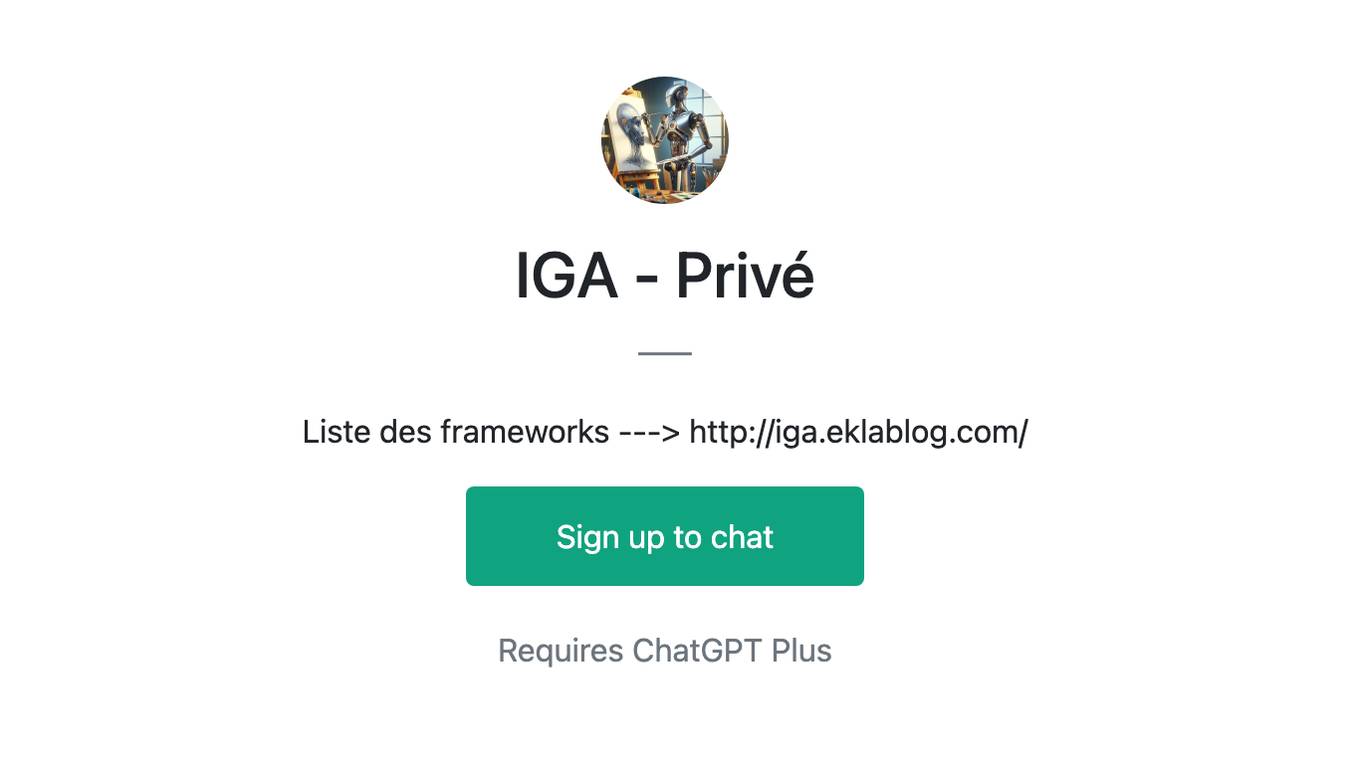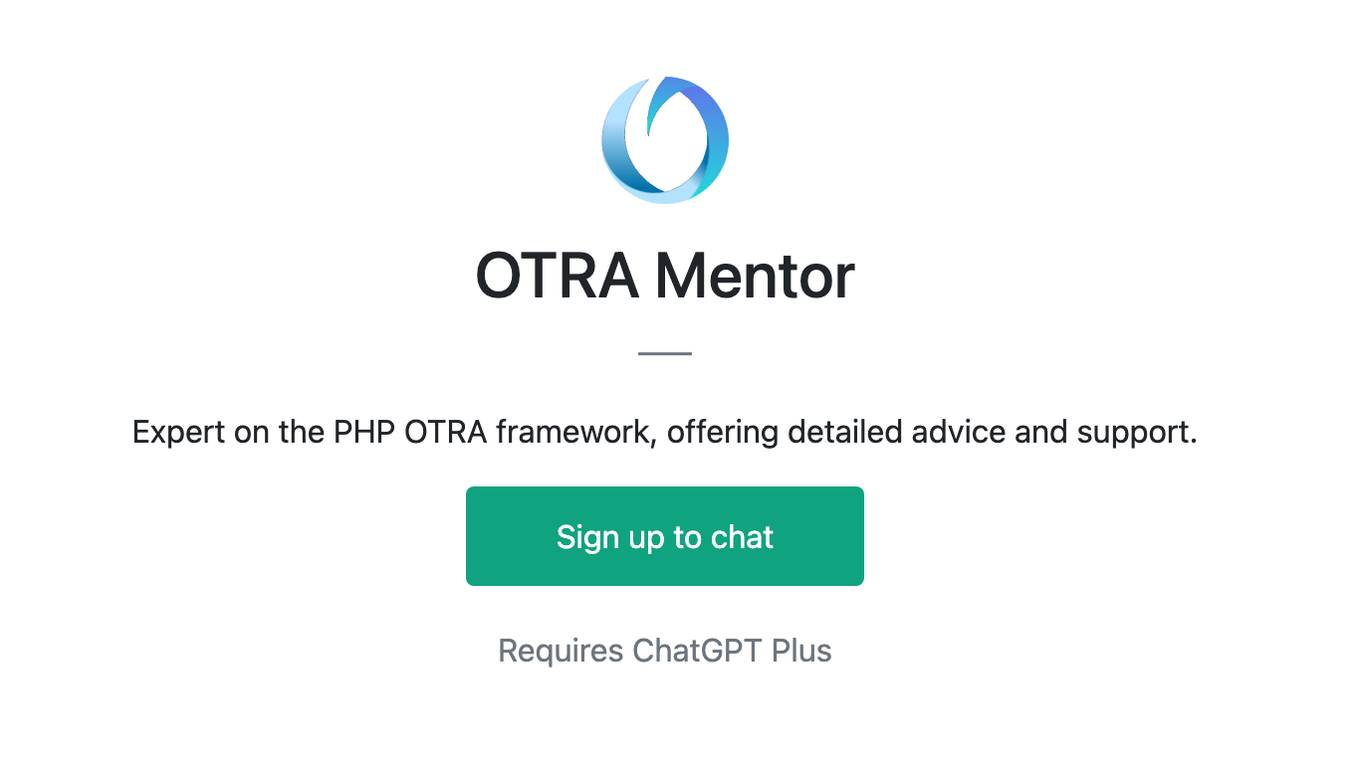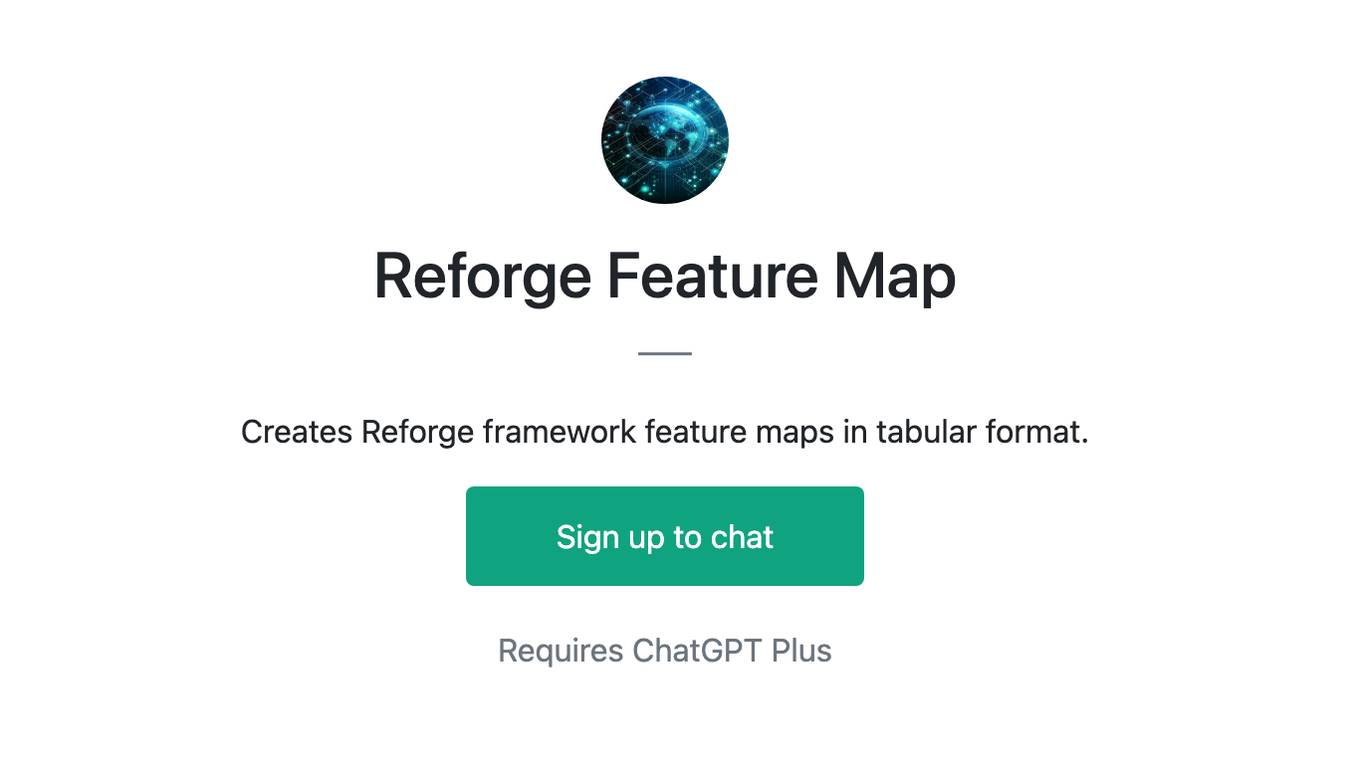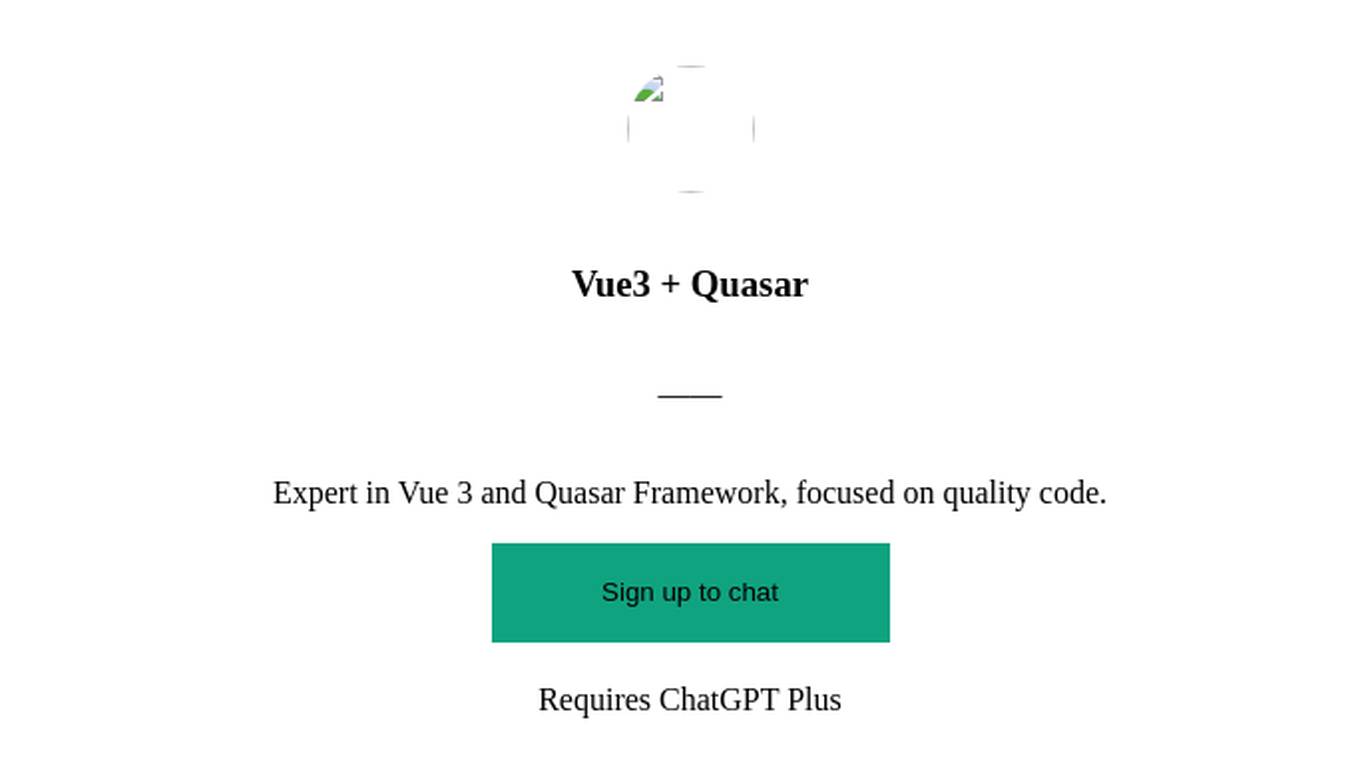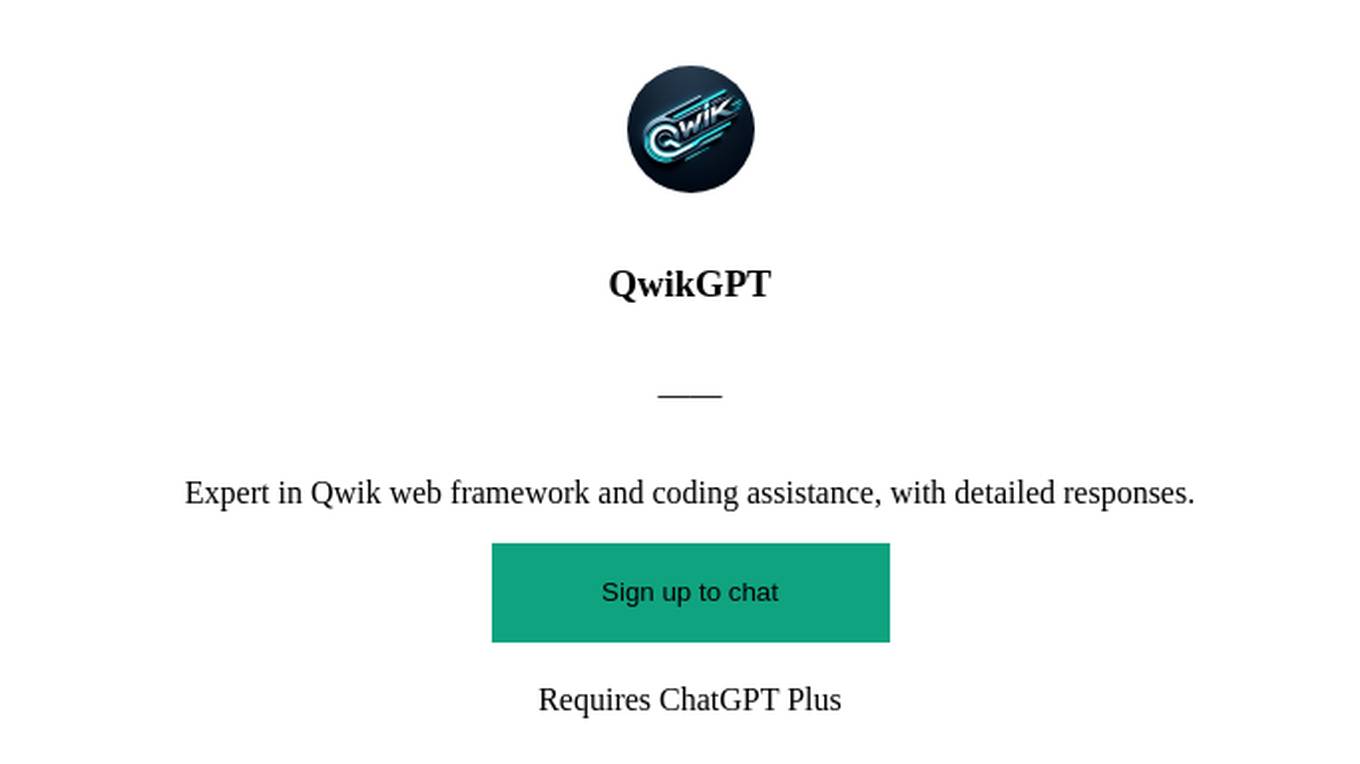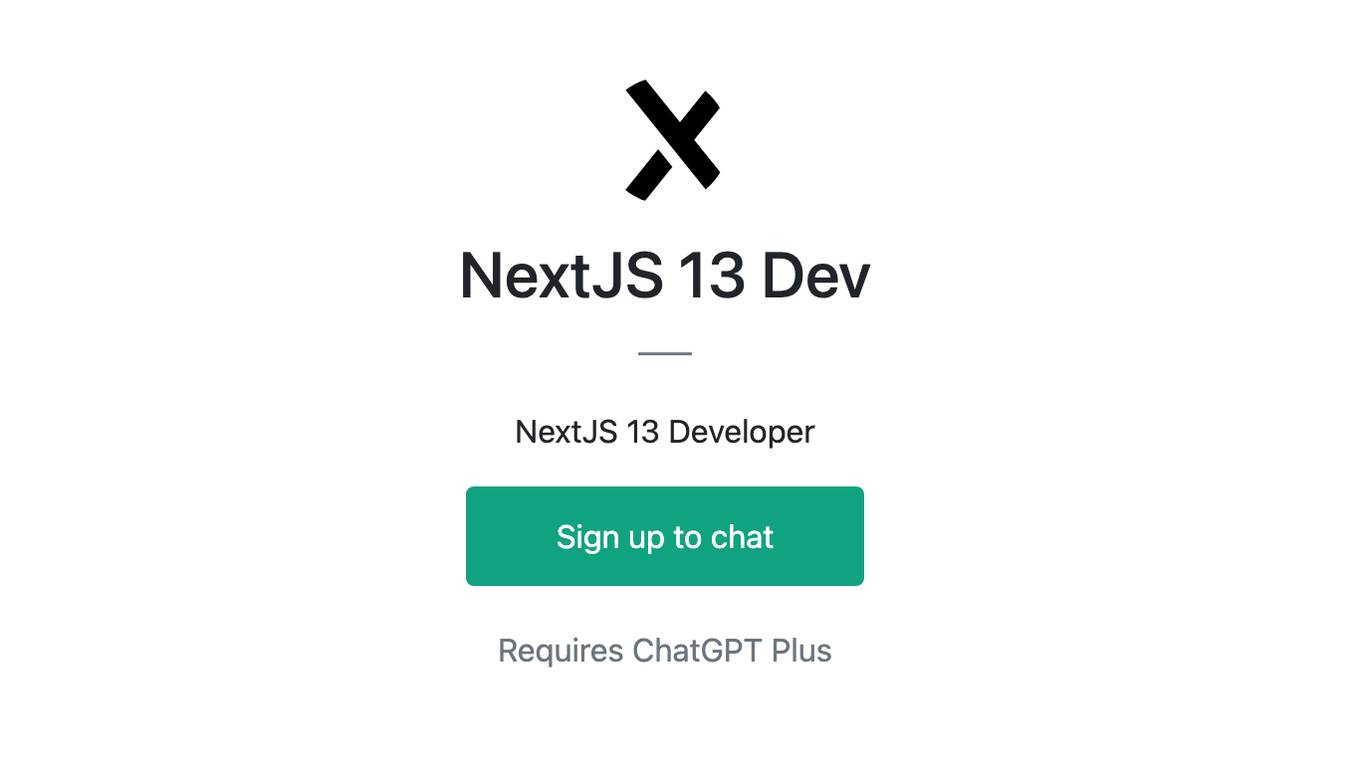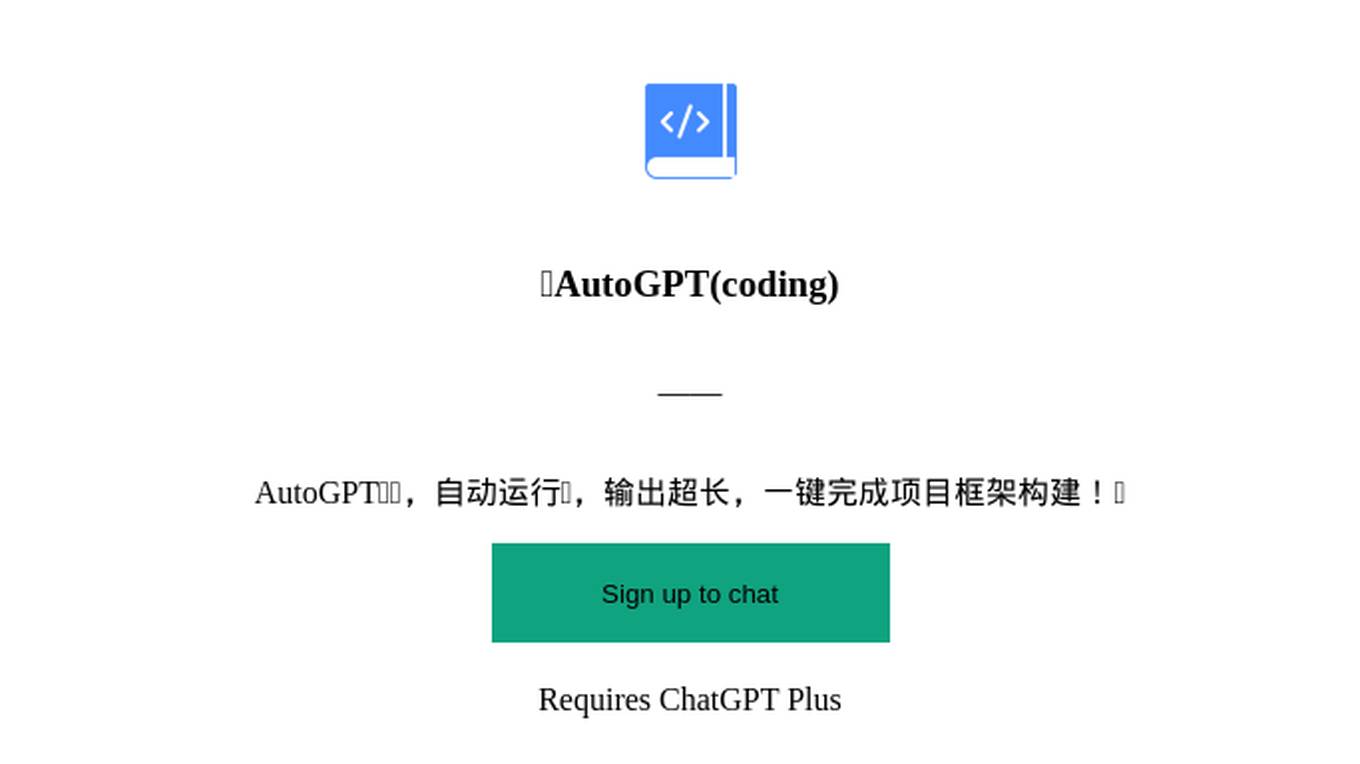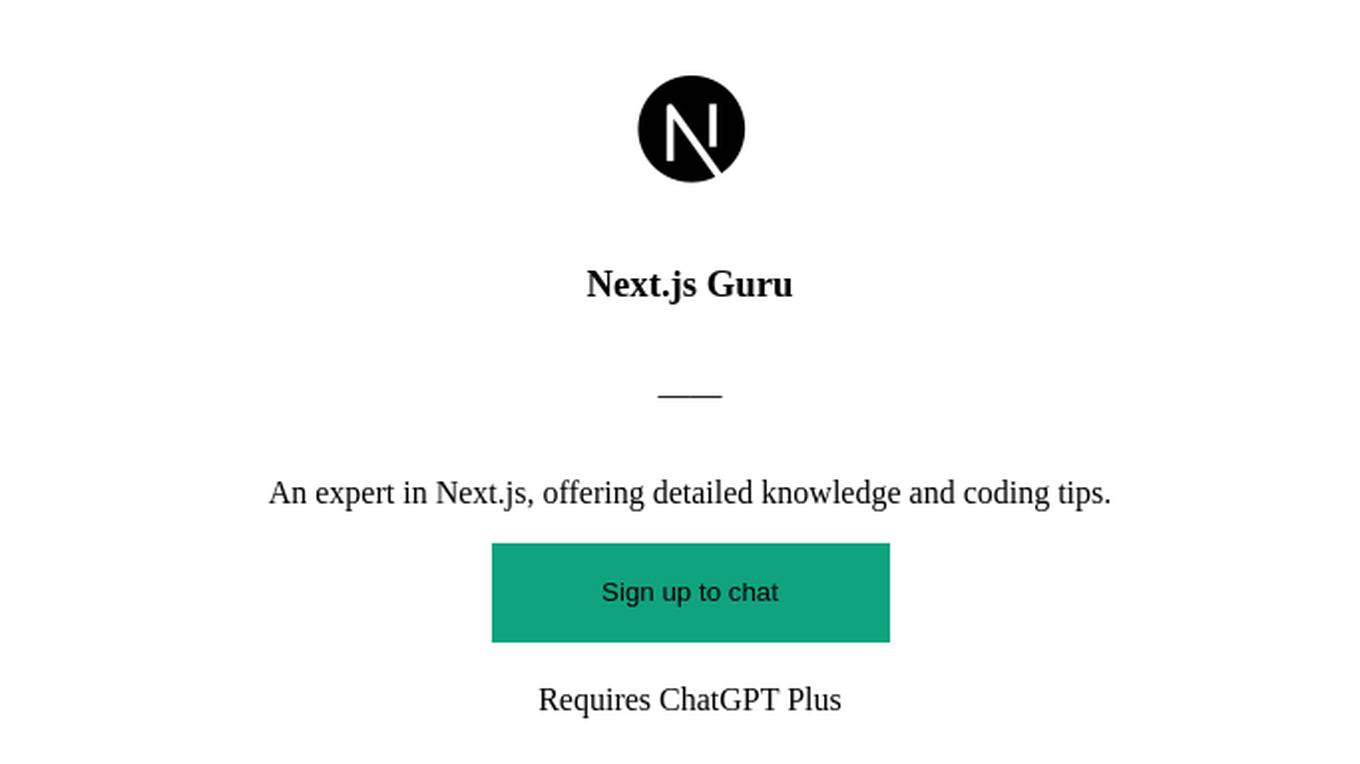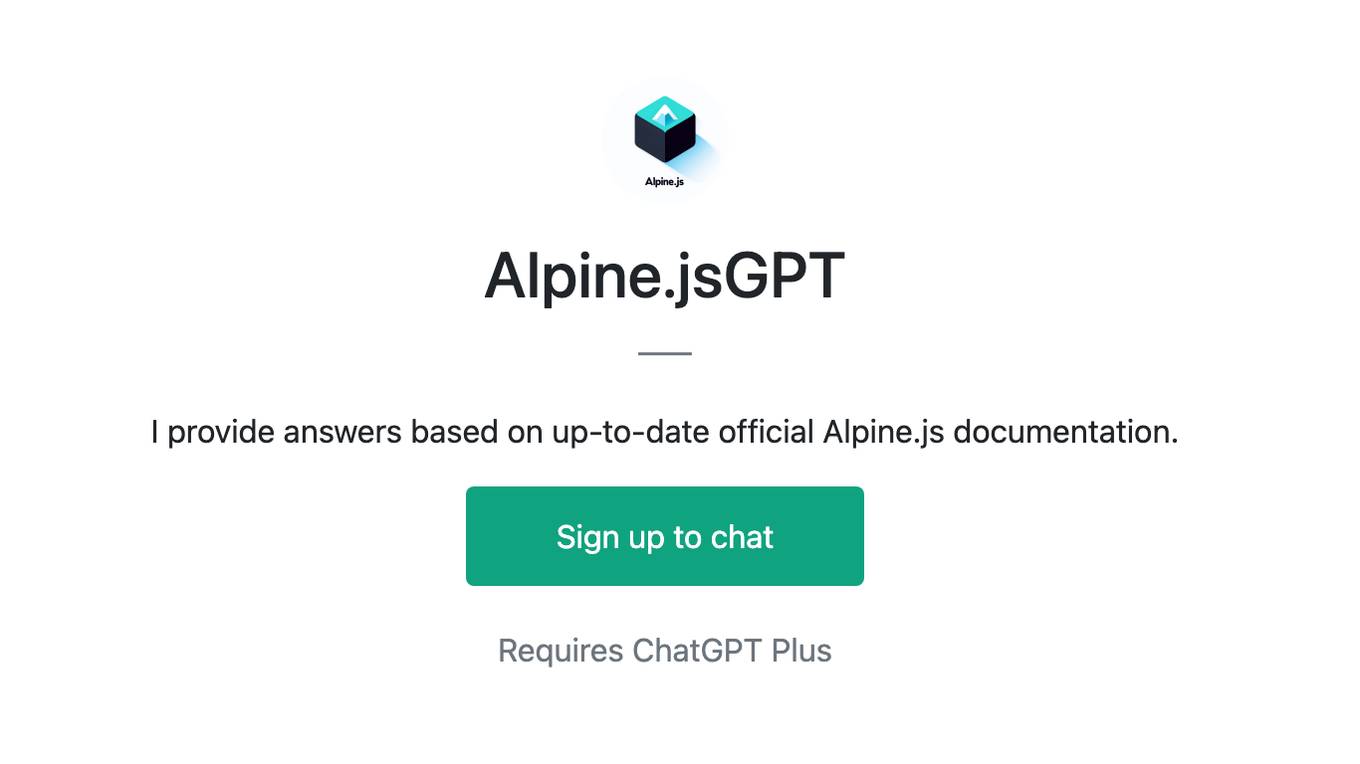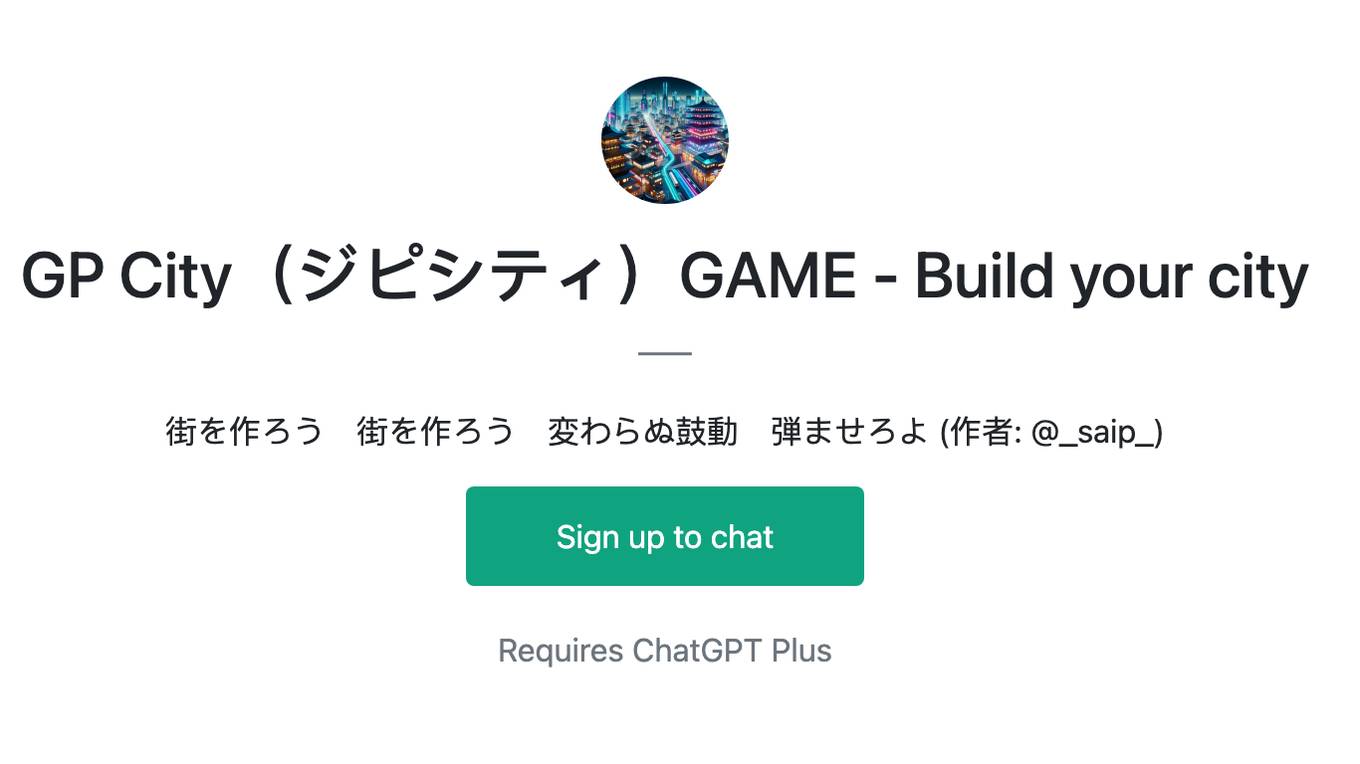Best AI tools for< Build Framework >
20 - AI tool Sites
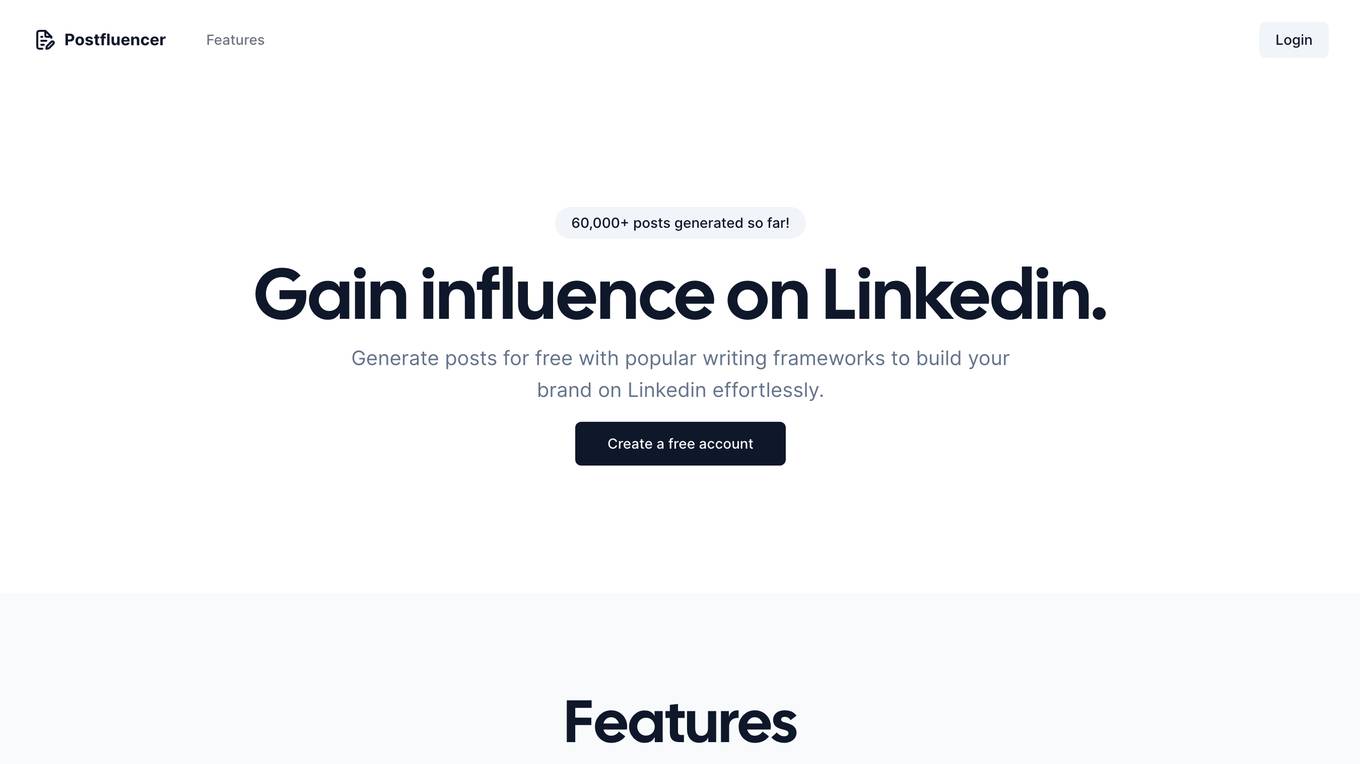
Postfluencer
Postfluencer is a platform designed to help users enhance their personal brand on LinkedIn by generating high-performing posts using popular writing frameworks. With over 70,000 posts generated so far, Postfluencer offers a user-friendly interface for creating and rewriting posts, as well as access to a variety of templates for ideation. The platform aims to simplify the process of building influence on LinkedIn by providing tools to streamline content creation and brand development.
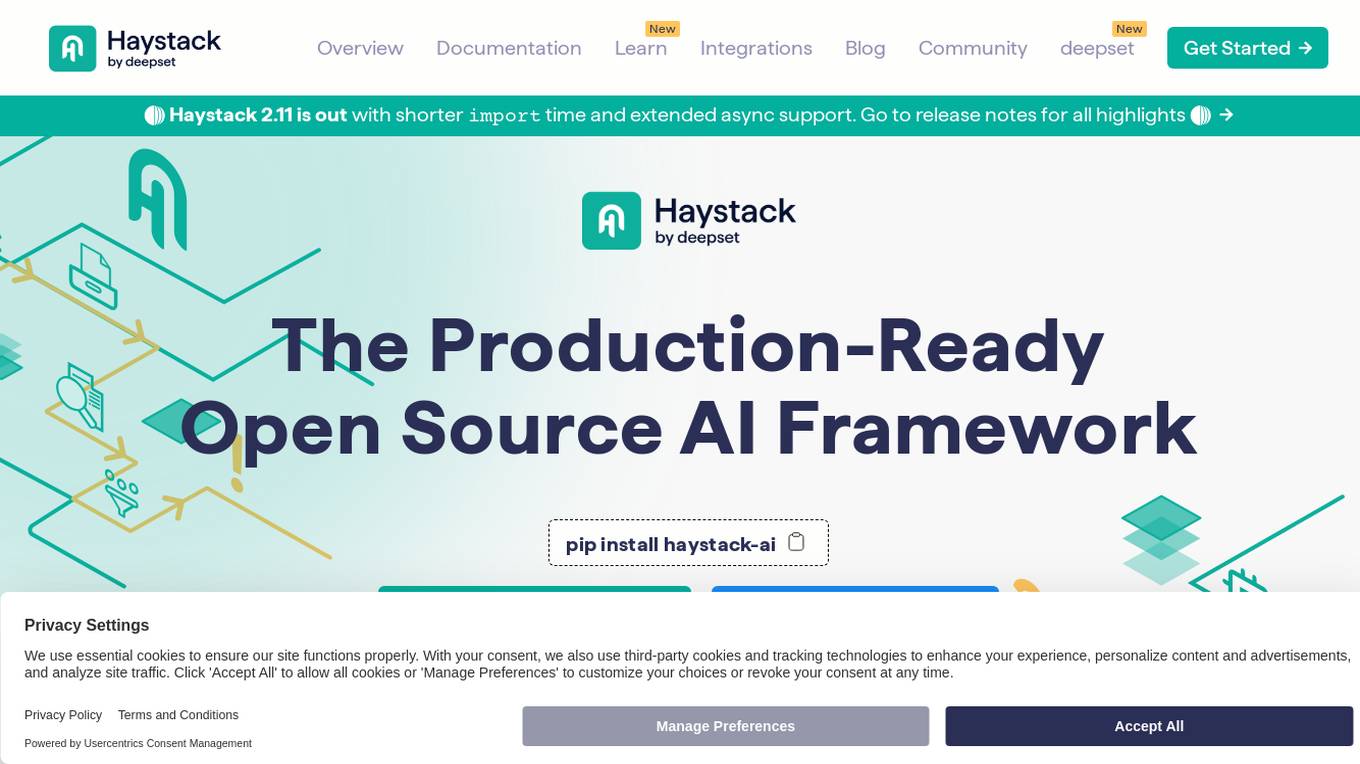
Haystack
Haystack is a production-ready open-source AI framework designed to facilitate building AI applications. It offers a flexible components and pipelines architecture, allowing users to customize and build applications according to their specific requirements. With partnerships with leading LLM providers and AI tools, Haystack provides freedom of choice for users. The framework is built for production, with fully serializable pipelines, logging, monitoring integrations, and deployment guides for full-scale deployments on various platforms. Users can build Haystack apps faster using deepset Studio, a platform for drag-and-drop construction of pipelines, testing, debugging, and sharing prototypes.
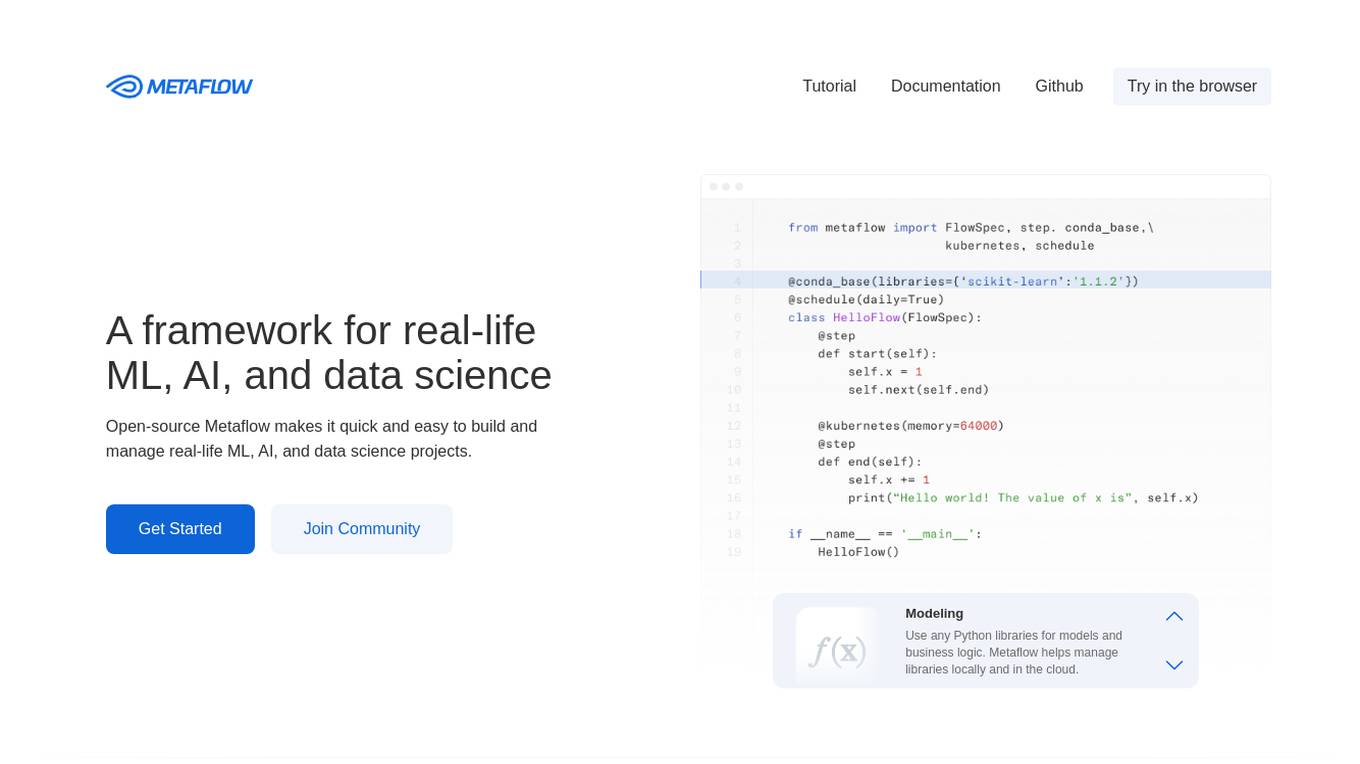
Metaflow
Metaflow is an open-source framework for building and managing real-life ML, AI, and data science projects. It makes it easy to use any Python libraries for models and business logic, deploy workflows to production with a single command, track and store variables inside the flow automatically for easy experiment tracking and debugging, and create robust workflows in plain Python. Metaflow is used by hundreds of companies, including Netflix, 23andMe, and Realtor.com.
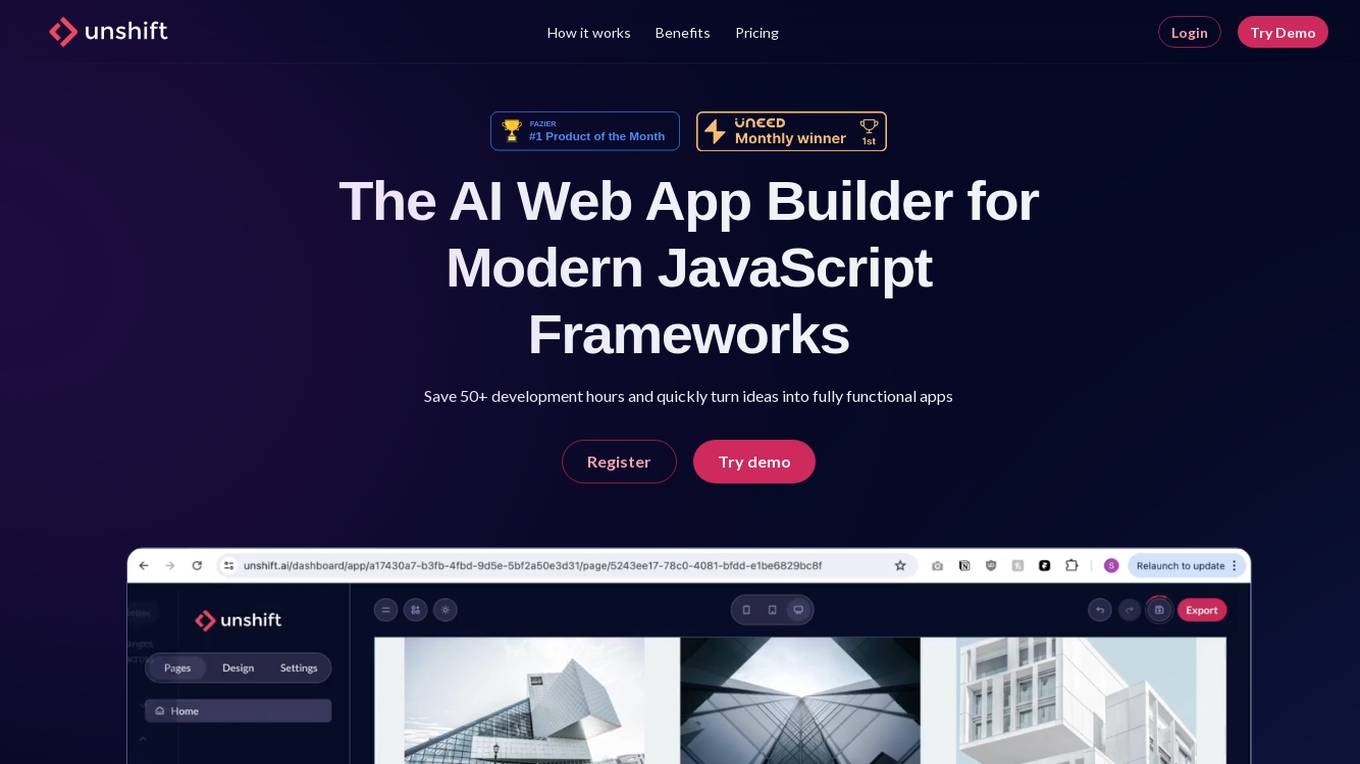
The Web App Builder
The Web App Builder by Unshift AI is an AI-powered platform designed to help users quickly and efficiently create fully functional web applications using modern JavaScript frameworks. With features like an advanced editor, support for various frameworks, and access to professionally written code, the platform streamlines the app development process and saves developers time. Users can easily customize design elements, manage content, and export their apps to different frameworks. The platform also offers AI-generated content, extensive component libraries, and a customizable design system to enhance app development. Overall, The Web App Builder is a comprehensive tool for building web applications with ease and efficiency.
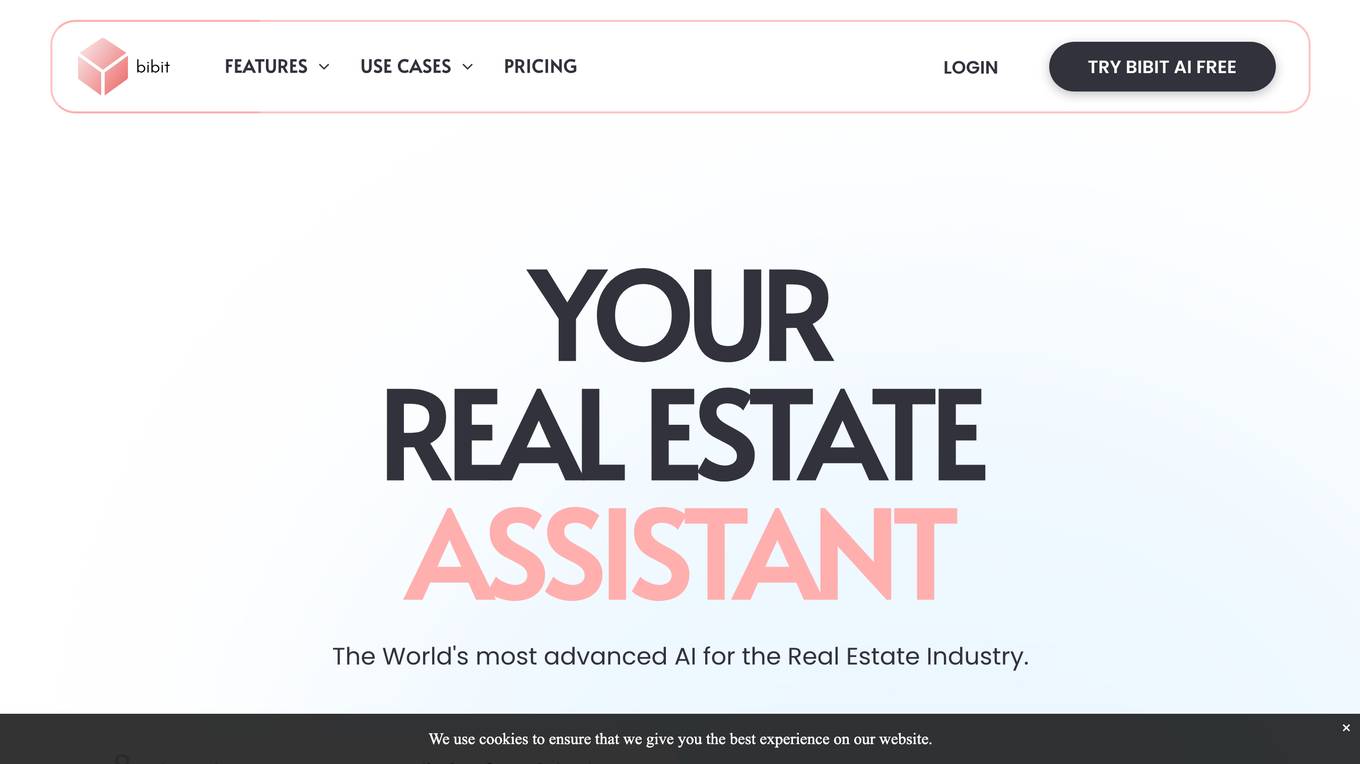
Bibit AI
Bibit AI is a real estate marketing AI designed to enhance the efficiency and effectiveness of real estate marketing and sales. It can help create listings, descriptions, and property content, and offers a host of other features. Bibit AI is the world's first AI for Real Estate. We are transforming the real estate industry by boosting efficiency and simplifying tasks like listing creation and content generation.
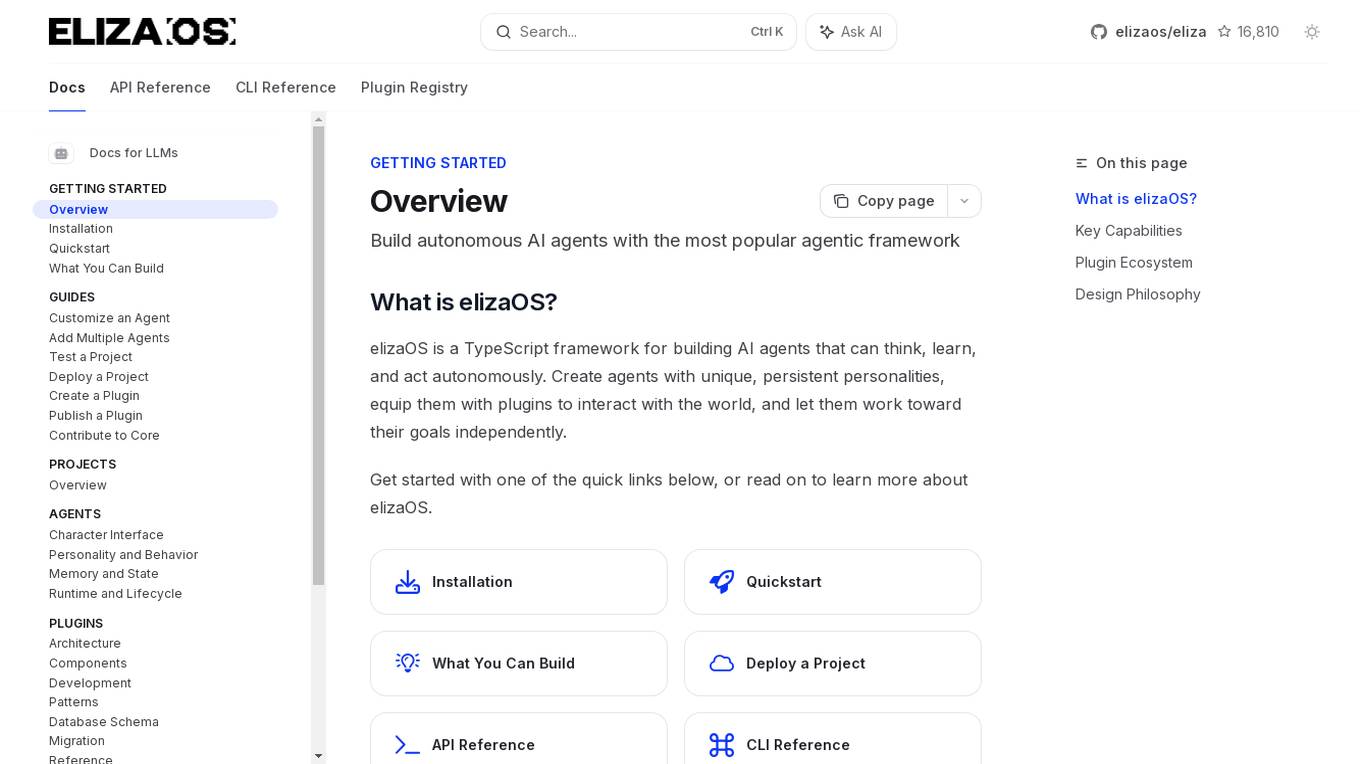
ElizaOS
ElizaOS is a TypeScript framework designed for building autonomous AI agents that can think, learn, and act independently. It offers a wide range of capabilities, including developing unique personalities, interacting with the real world through various plugins, executing complex action chains triggered by natural language, and remembering interactions with persistent memory. The framework comes with a rich plugin ecosystem, allowing users to mix and match capabilities without modifying core code. ElizaOS is ideal for builders who want to quickly ship projects, experiment freely, and contribute to the open-source community.
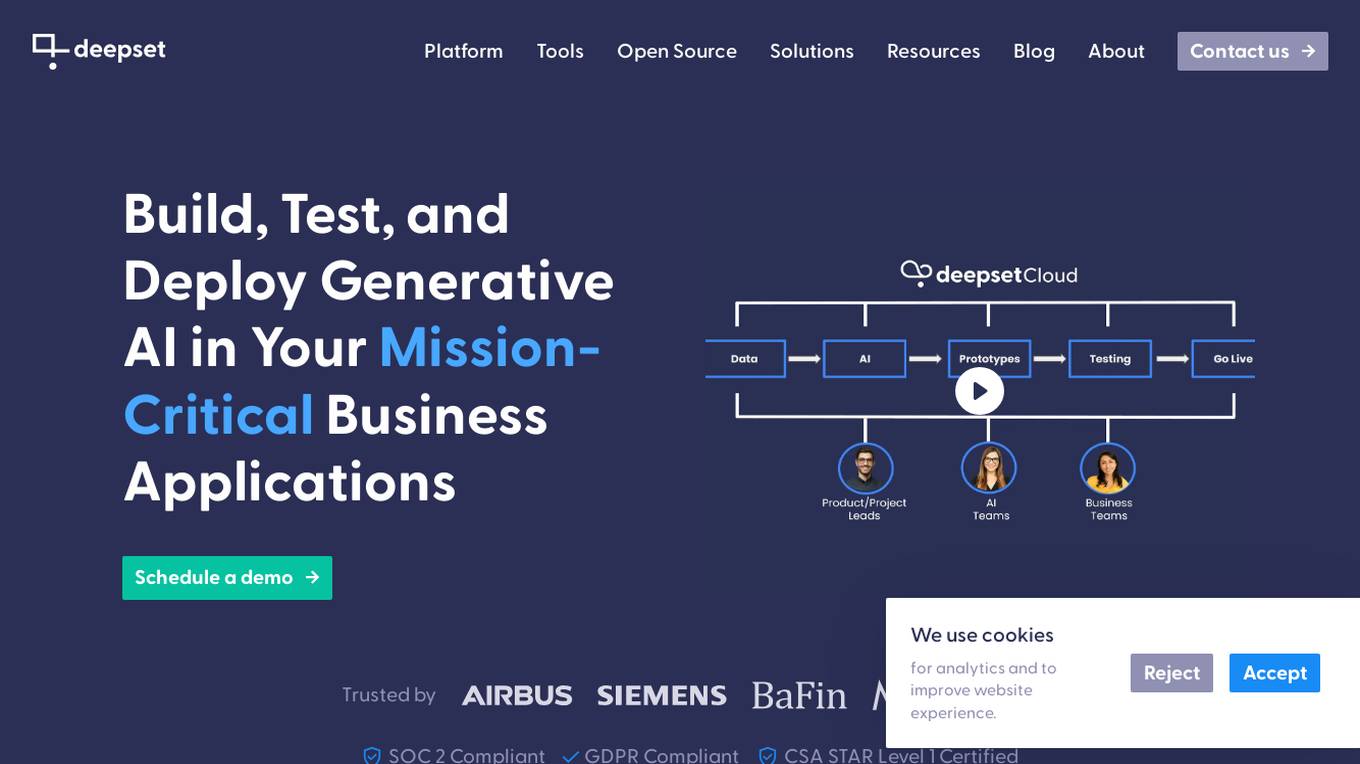
deepset
deepset is an AI platform that offers enterprise-level products and solutions for AI teams. It provides deepset Cloud, a platform built with Haystack, enabling fast and accurate prototyping, building, and launching of advanced AI applications. The platform streamlines the AI application development lifecycle, offering processes, tools, and expertise to move from prototype to production efficiently. With deepset Cloud, users can optimize solution accuracy, performance, and cost, and deploy AI applications at any scale with one click. The platform also allows users to explore new models and configurations without limits, extending their team with access to world-class AI engineers for guidance and support.
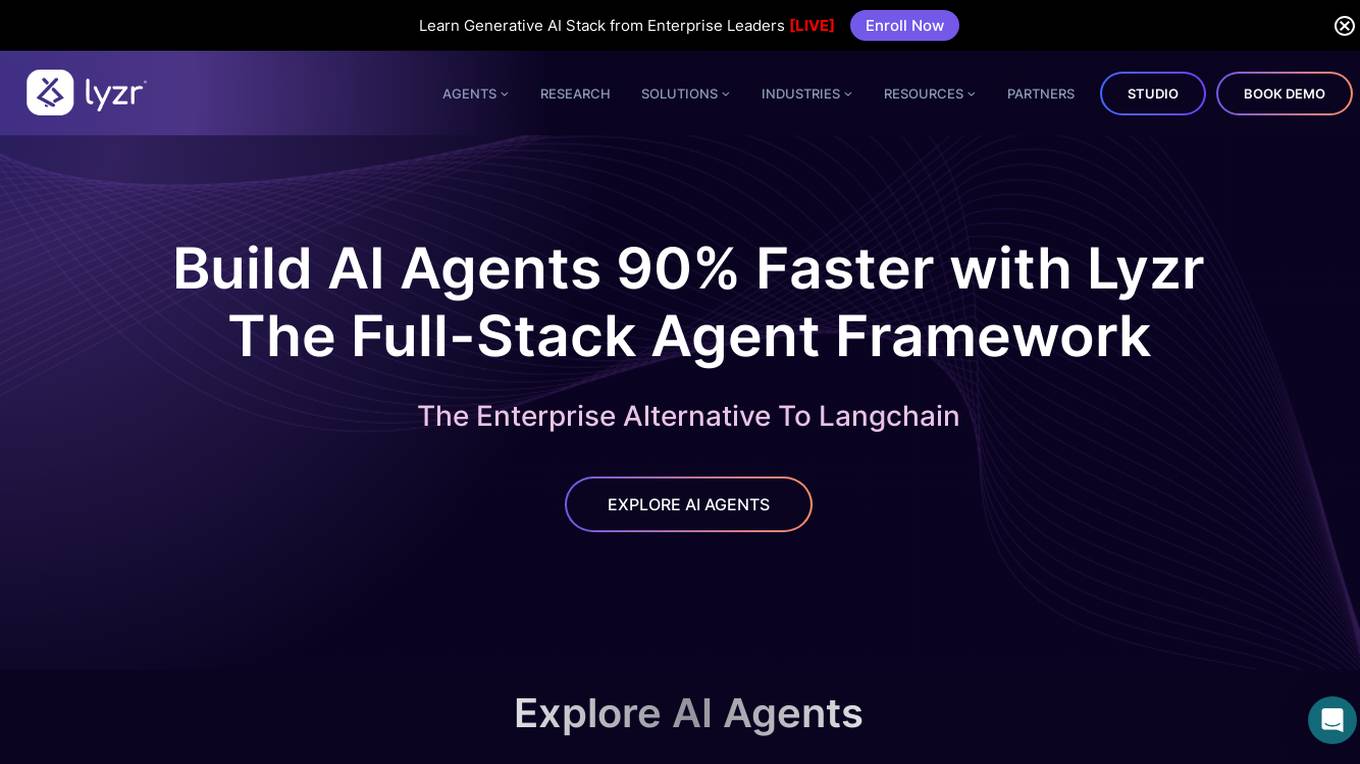
Lyzr AI
Lyzr AI is a full-stack agent framework designed to build GenAI applications faster. It offers a range of AI agents for various tasks such as chatbots, knowledge search, summarization, content generation, and data analysis. The platform provides features like memory management, human-in-loop interaction, toxicity control, reinforcement learning, and custom RAG prompts. Lyzr AI ensures data privacy by running data locally on cloud servers. Enterprises and developers can easily configure, deploy, and manage AI agents using Lyzr's platform.

Backend.AI
Backend.AI is an enterprise-scale cluster backend for AI frameworks that offers scalability, GPU virtualization, HPC optimization, and DGX-Ready software products. It provides a fast and efficient way to build, train, and serve AI models of any type and size, with flexible infrastructure options. Backend.AI aims to optimize backend resources, reduce costs, and simplify deployment for AI developers and researchers. The platform integrates seamlessly with existing tools and offers fractional GPU usage and pay-as-you-play model to maximize resource utilization.
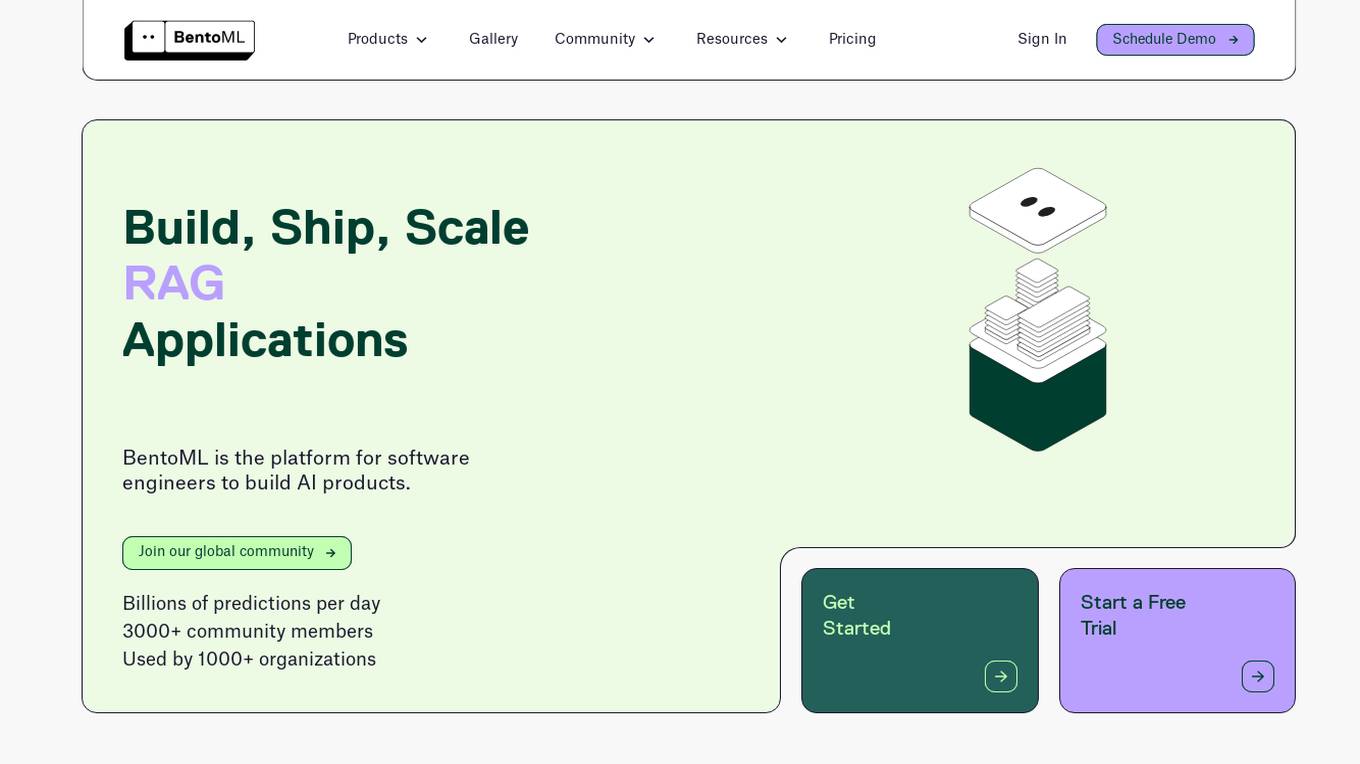
BentoML
BentoML is a platform for software engineers to build, ship, and scale AI products. It provides a unified AI application framework that makes it easy to manage and version models, create service APIs, and build and run AI applications anywhere. BentoML is used by over 1000 organizations and has a global community of over 3000 members.
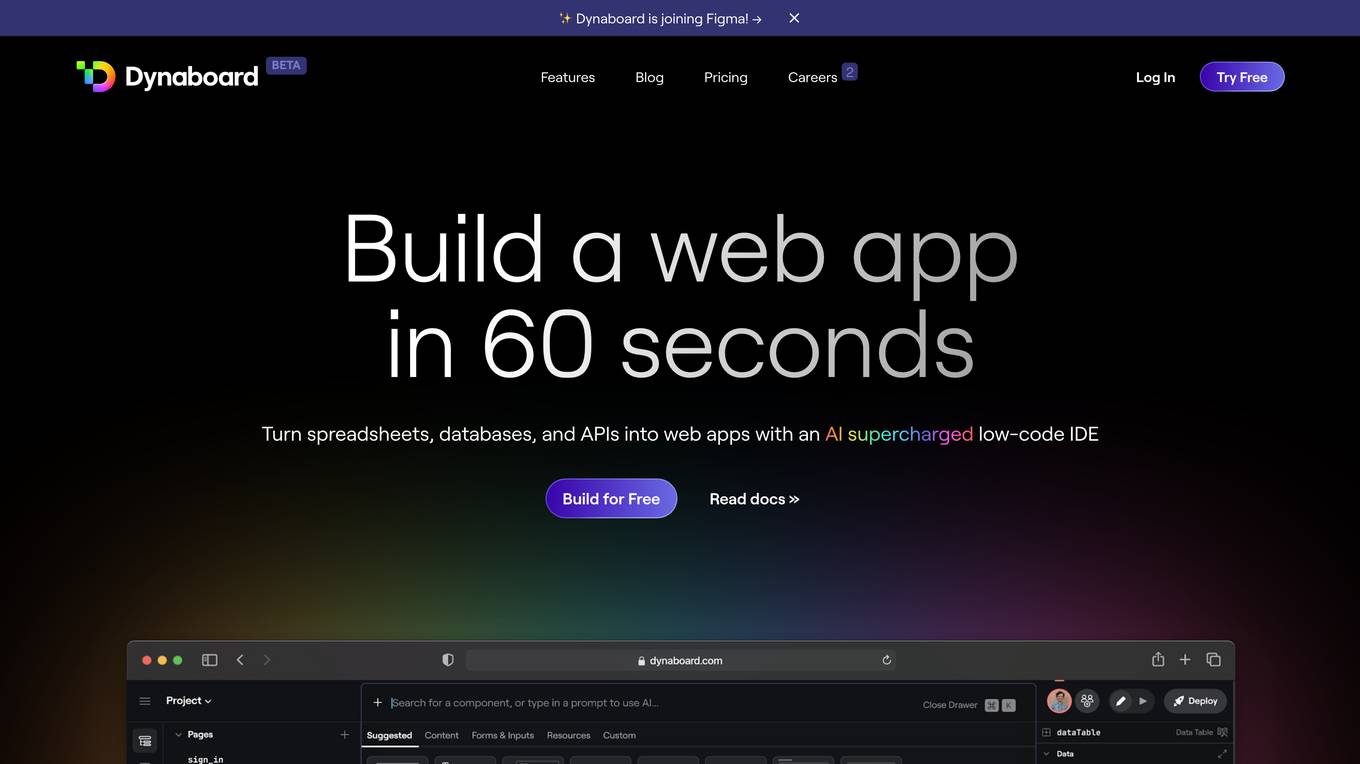
Dynaboard
Dynaboard is a collaborative low-code IDE for developers that allows users to build web apps in minutes using a drag-and-drop builder, a flexible code-first UI framework, and the power of generative AI. With Dynaboard, users can connect to popular databases, SaaS apps, or any API with GraphQL or REST endpoints, and secure their apps using any existing OIDC compliant provider. Dynaboard also offers unlimited editors for team collaboration, multi-environment deployment support, automatic versioning, and easy roll-backs for production-grade confidence.
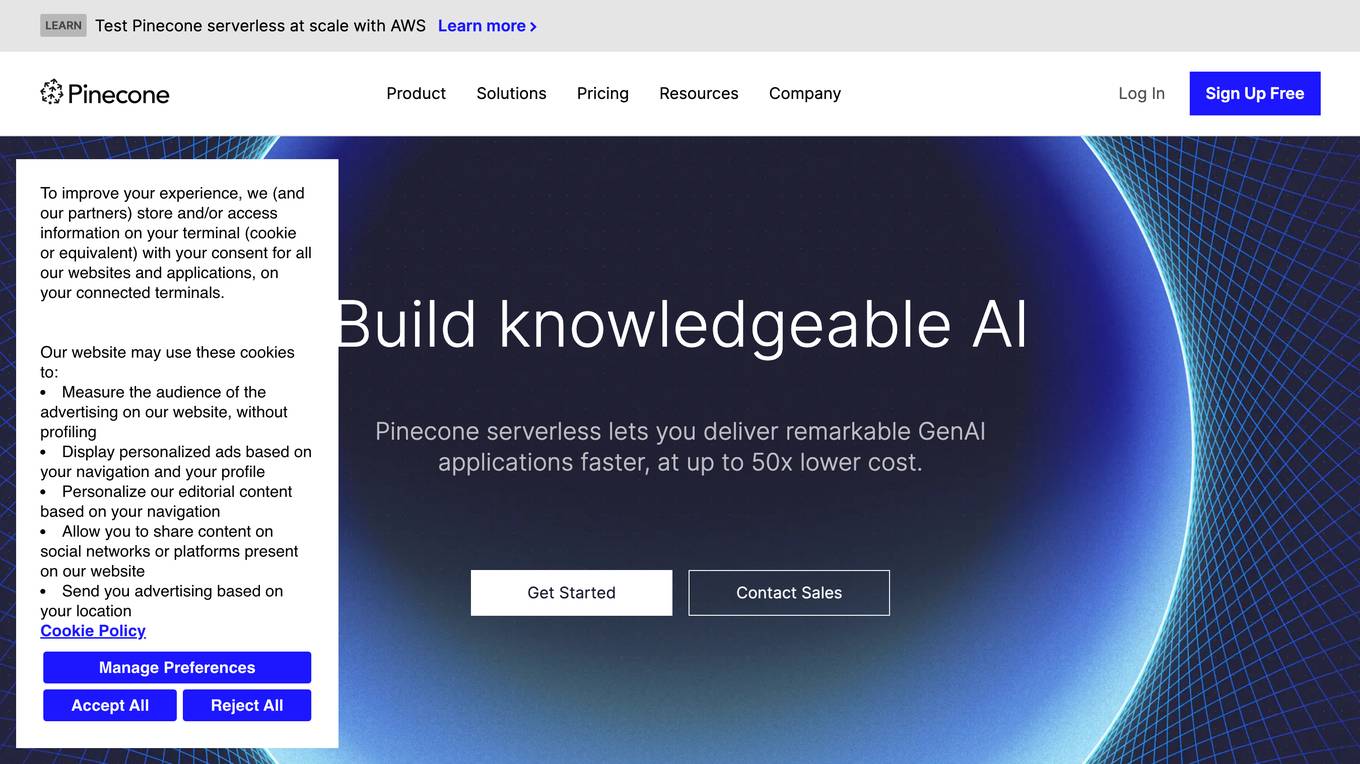
Pinecone
Pinecone is a vector database that helps power AI for the world's best companies. It is a serverless database that lets you deliver remarkable GenAI applications faster, at up to 50x lower cost. Pinecone is easy to use and can be integrated with your favorite cloud provider, data sources, models, frameworks, and more.
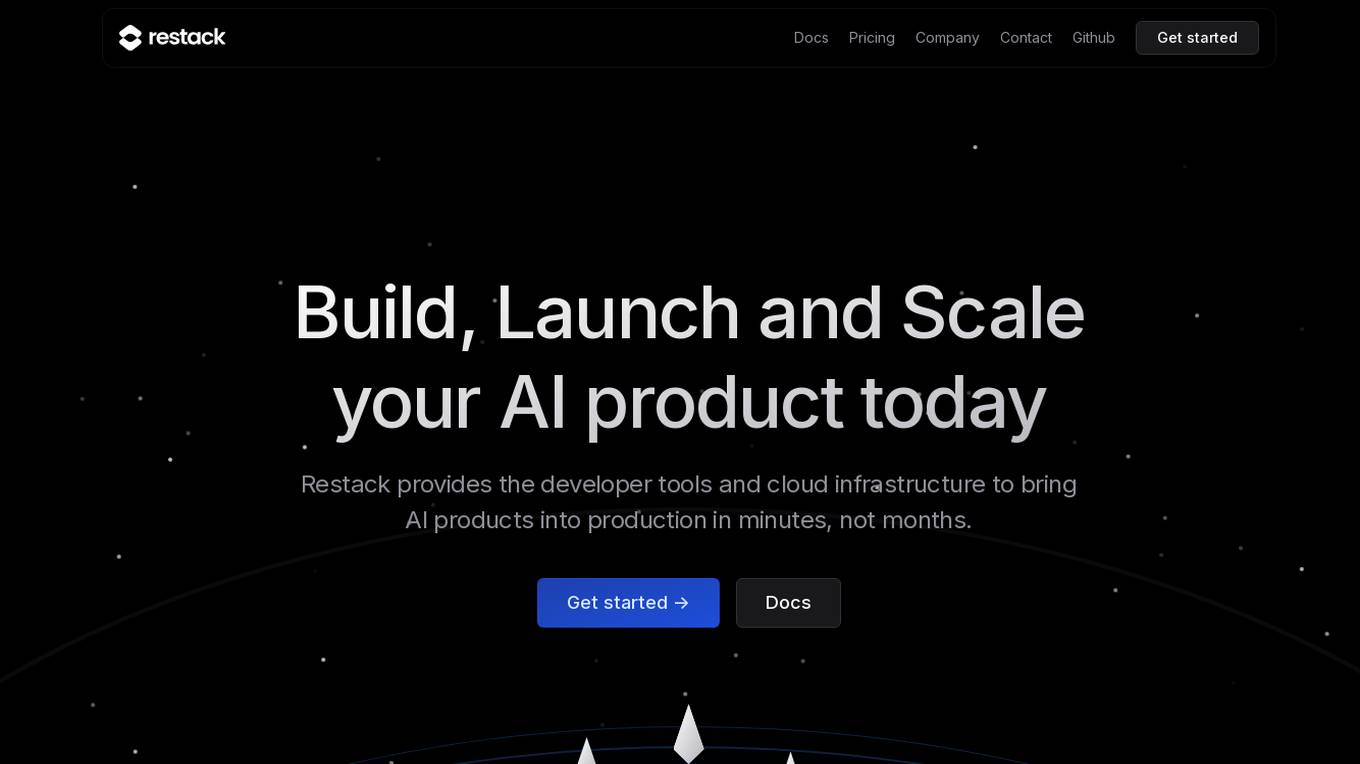
Restack
Restack is a developer tool and cloud infrastructure platform that enables users to build, launch, and scale AI products quickly and efficiently. With Restack, developers can go from local development to production in seconds, leveraging a variety of languages and frameworks. The platform offers templates, repository connections, and Dockerfile customization for seamless deployment. Restack Cloud provides cost-efficient scaling and GitHub integration for instant deployment. The platform simplifies the complexity of building and scaling AI applications, allowing users to move from code to production faster than ever before.
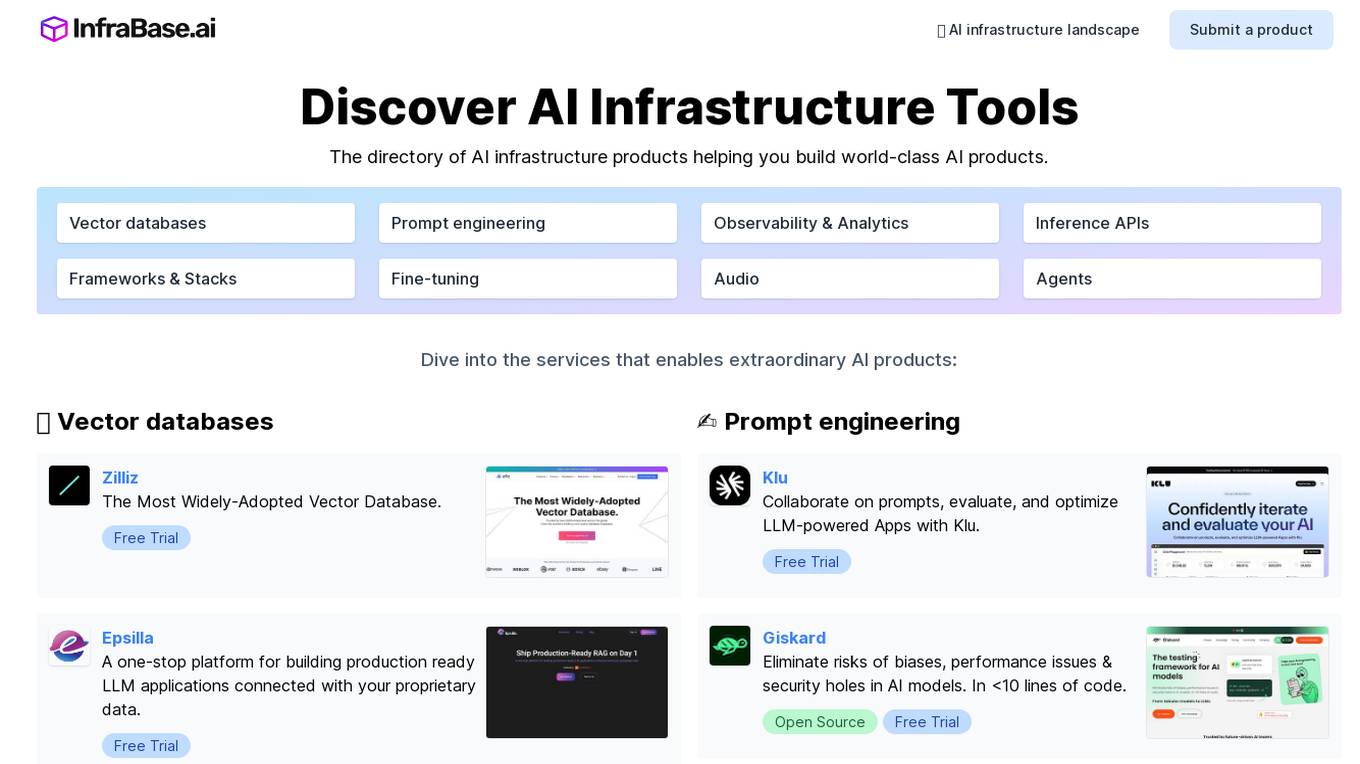
Infrabase.ai
Infrabase.ai is a directory of AI infrastructure products that helps users discover and explore a wide range of tools for building world-class AI products. The platform offers a comprehensive directory of products in categories such as Vector databases, Prompt engineering, Observability & Analytics, Inference APIs, Frameworks & Stacks, Fine-tuning, Audio, and Agents. Users can find tools for tasks like data storage, model development, performance monitoring, and more, making it a valuable resource for AI projects.

Heroku
Heroku is a cloud platform that lets companies build, deliver, monitor, and scale apps. It simplifies the process of deploying applications by providing a seamless experience for developers. With Heroku, developers can focus on writing code without worrying about infrastructure management. The platform supports various programming languages and frameworks, making it versatile for different types of applications.

Myple
Myple is an AI application that enables users to build, scale, and secure AI applications with ease. It provides production-ready AI solutions tailored to individual needs, offering a seamless user experience. With support for multiple languages and frameworks, Myple simplifies the integration of AI through open-source SDKs. The platform features a clean interface, keyboard shortcuts for efficient navigation, and templates to kickstart AI projects. Additionally, Myple offers AI-powered tools like RAG chatbot for documentation, Gmail agent for email notifications, and AskFeynman for physics-related queries. Users can connect their favorite tools and services effortlessly, without any coding. Joining the beta program grants early access to new features and issue resolution prioritization.
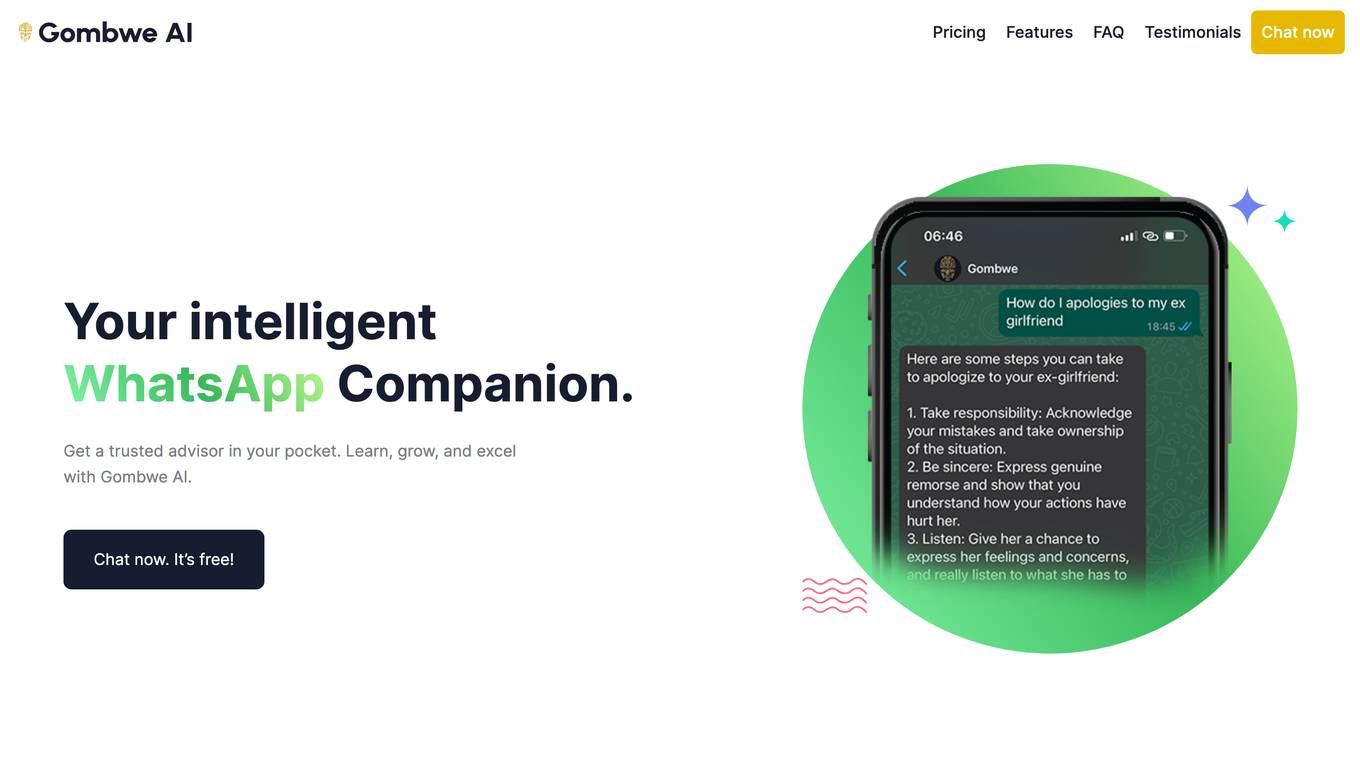
Azure Static Web Apps
Azure Static Web Apps is a platform provided by Microsoft Azure for building and deploying modern web applications. It allows developers to easily host static web content and serverless APIs with seamless integration to popular frameworks like React, Angular, and Vue. With Azure Static Web Apps, developers can quickly set up continuous integration and deployment workflows, enabling them to focus on building great user experiences without worrying about infrastructure management.
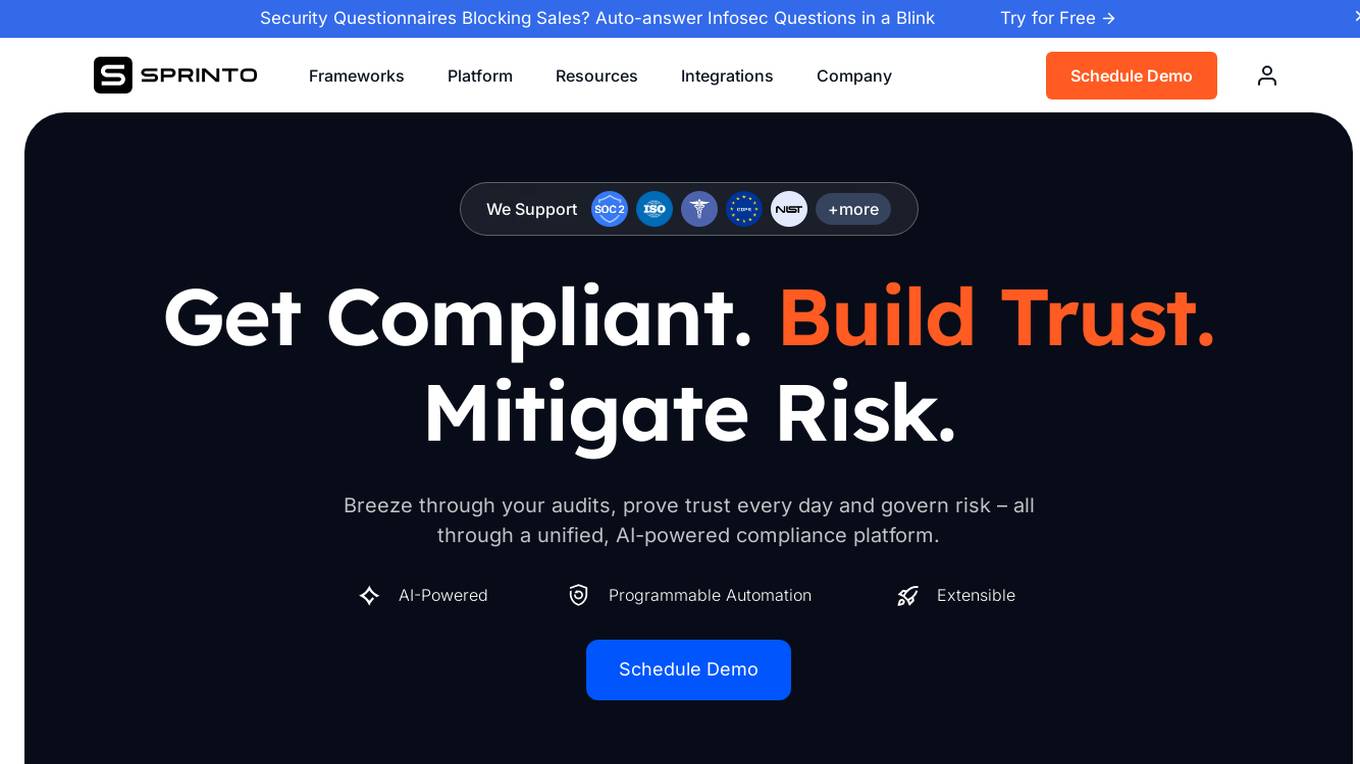
Sprinto
Sprinto is a Continuous Security & Compliance Platform that helps organizations manage and maintain compliance with various frameworks such as SOC 2, ISO 27001, NIST, GDPR, HIPAA, and more. It offers features like Vendor Risk Management, Vulnerability Assessment, Access Control Policies, Security Questionnaire, and Change Management. Sprinto automates evidence collection, streamlines workflows, and provides expert support to ensure organizations stay audit-ready and compliant. The platform is AI-powered, scalable, and supports over 40 compliance frameworks, making it a comprehensive solution for security and compliance needs.
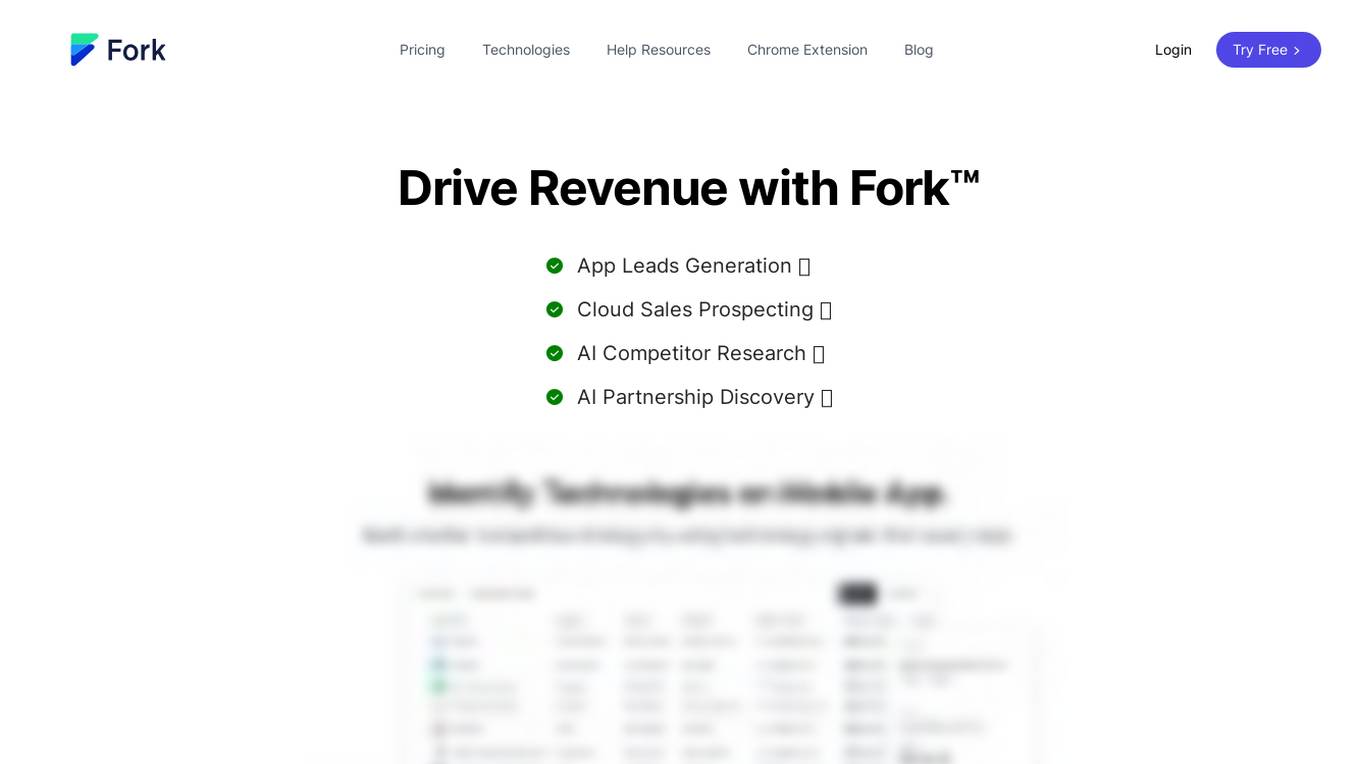
Fork.ai
Fork.ai is a tool that helps businesses identify technologies used in mobile apps. With Fork.ai, businesses can gain insights into their competitors' tech stacks, identify potential partners, and generate leads. Fork.ai's key features include: - Technology identification: Fork.ai can identify over 1,000 technologies used in mobile apps, including programming languages, frameworks, libraries, and SDKs. - Competitor analysis: Fork.ai provides insights into the technologies used by your competitors, allowing you to identify areas where you can gain a competitive advantage. - Lead generation: Fork.ai can help you generate leads by identifying potential customers who are using specific technologies. - Partnership discovery: Fork.ai can help you identify potential partners who are using complementary technologies.
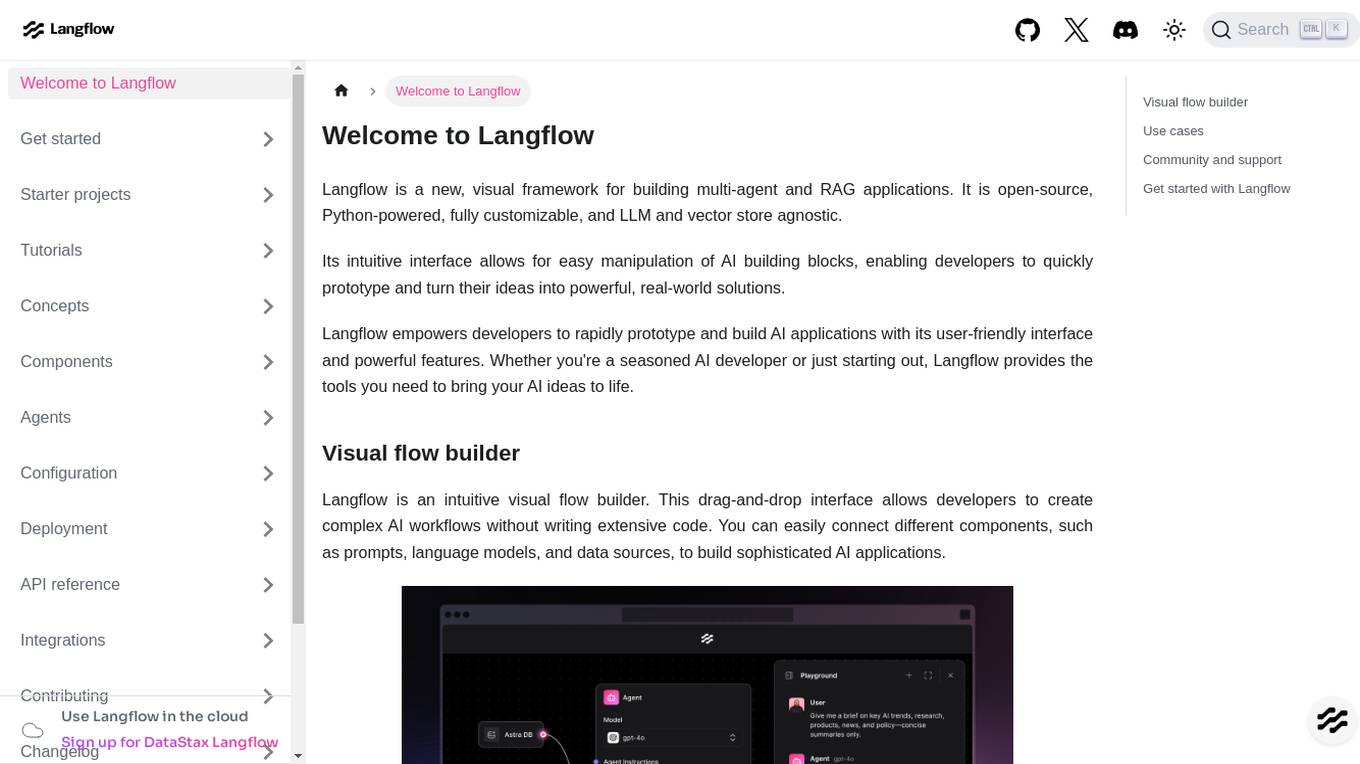
Langflow
Langflow is a new, visual framework for building multi-agent and RAG applications. It is open-source, Python-powered, fully customizable, and LLM and vector store agnostic. Langflow empowers developers to rapidly prototype and build AI applications with its user-friendly interface and powerful features. Whether you're a seasoned AI developer or just starting out, Langflow provides the tools you need to bring your AI ideas to life.
0 - Open Source AI Tools
20 - OpenAI Gpts
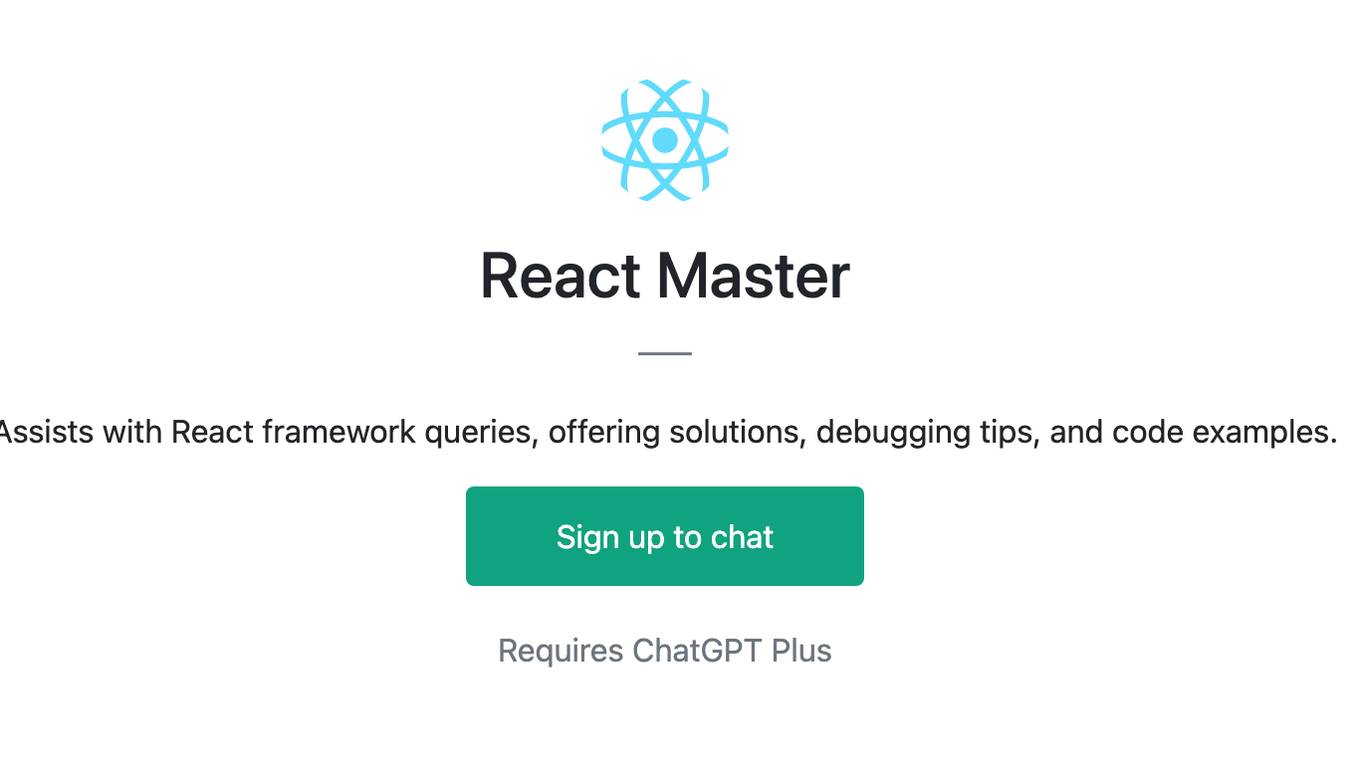
React Master
Assists with React framework queries, offering solutions, debugging tips, and code examples.
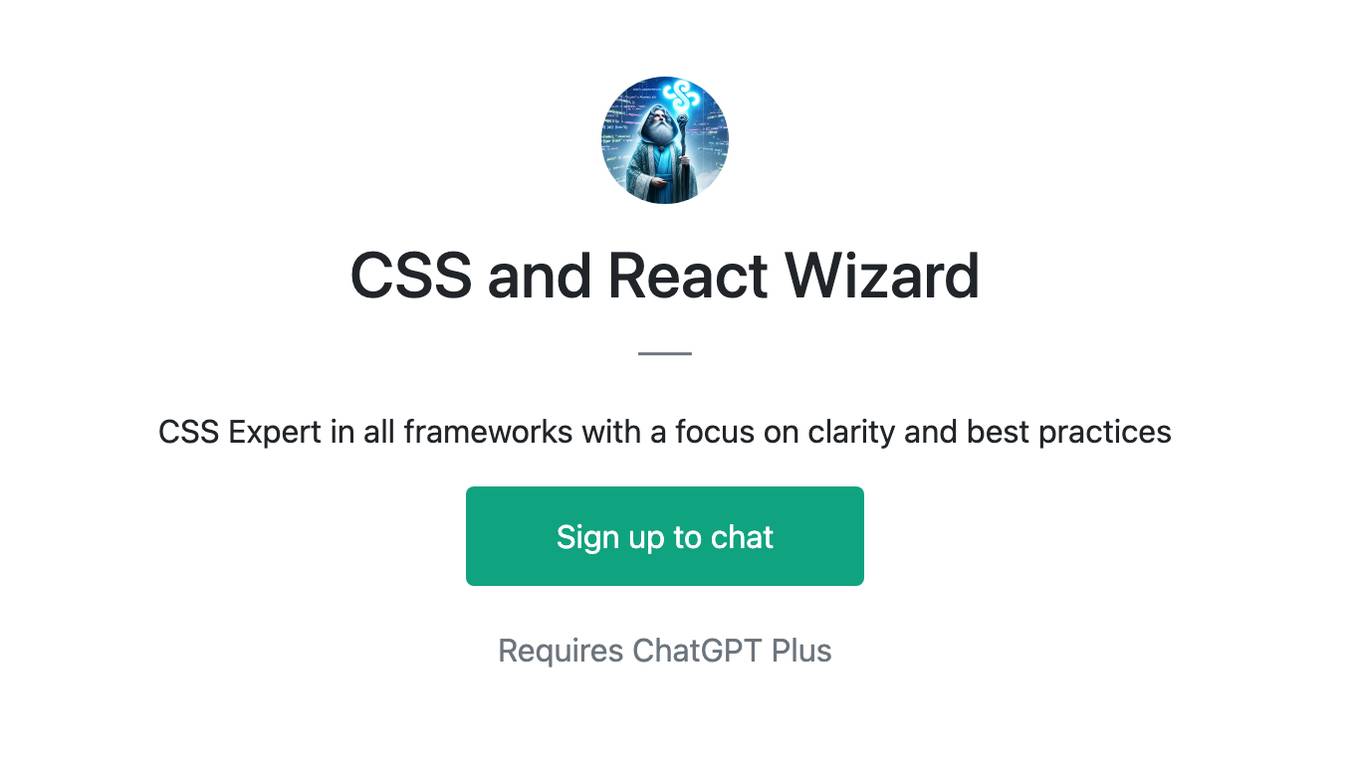
CSS and React Wizard
CSS Expert in all frameworks with a focus on clarity and best practices

Community Design™
A community-building GPT based on the wildly popular Community Design™ framework from Mighty Networks. Start creating communities that run themselves.
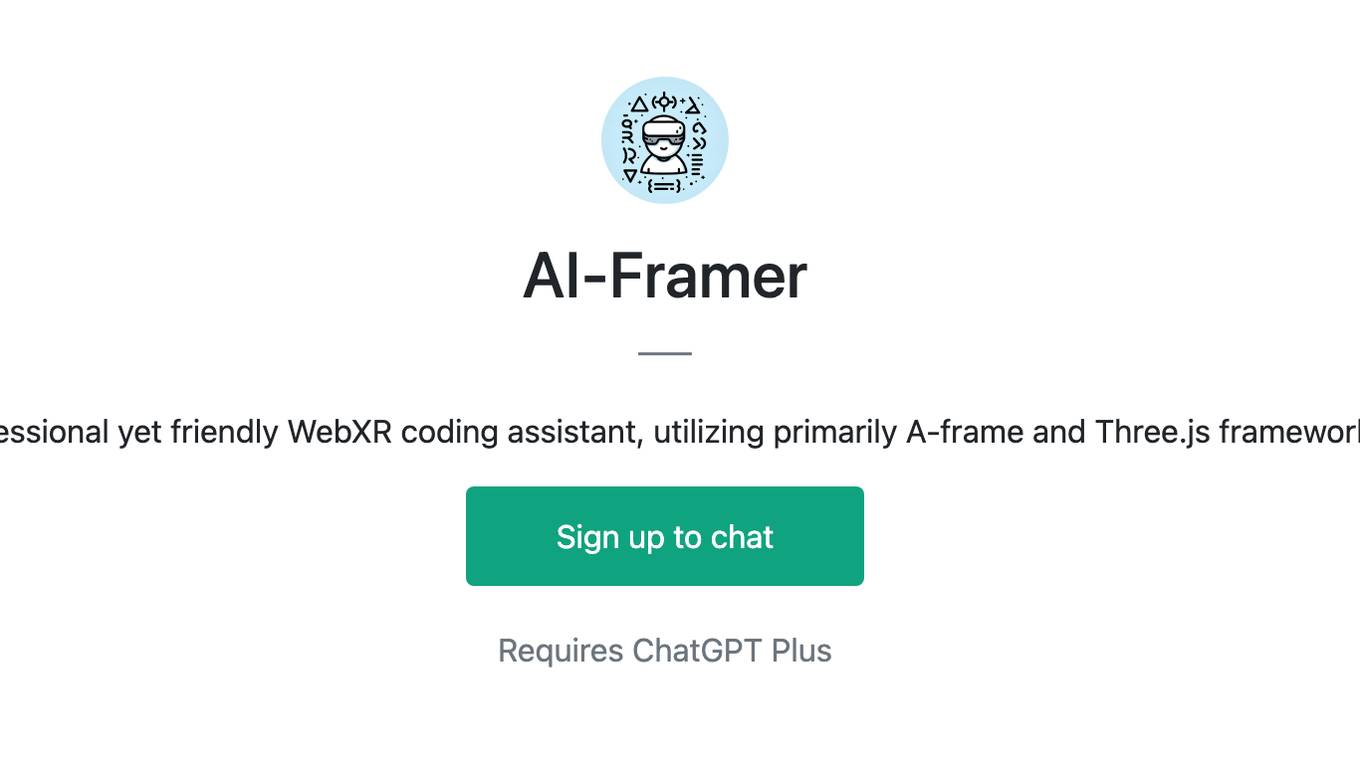
AI-Framer
Professional yet friendly WebXR coding assistant, utilizing primarily A-frame and Three.js frameworks.
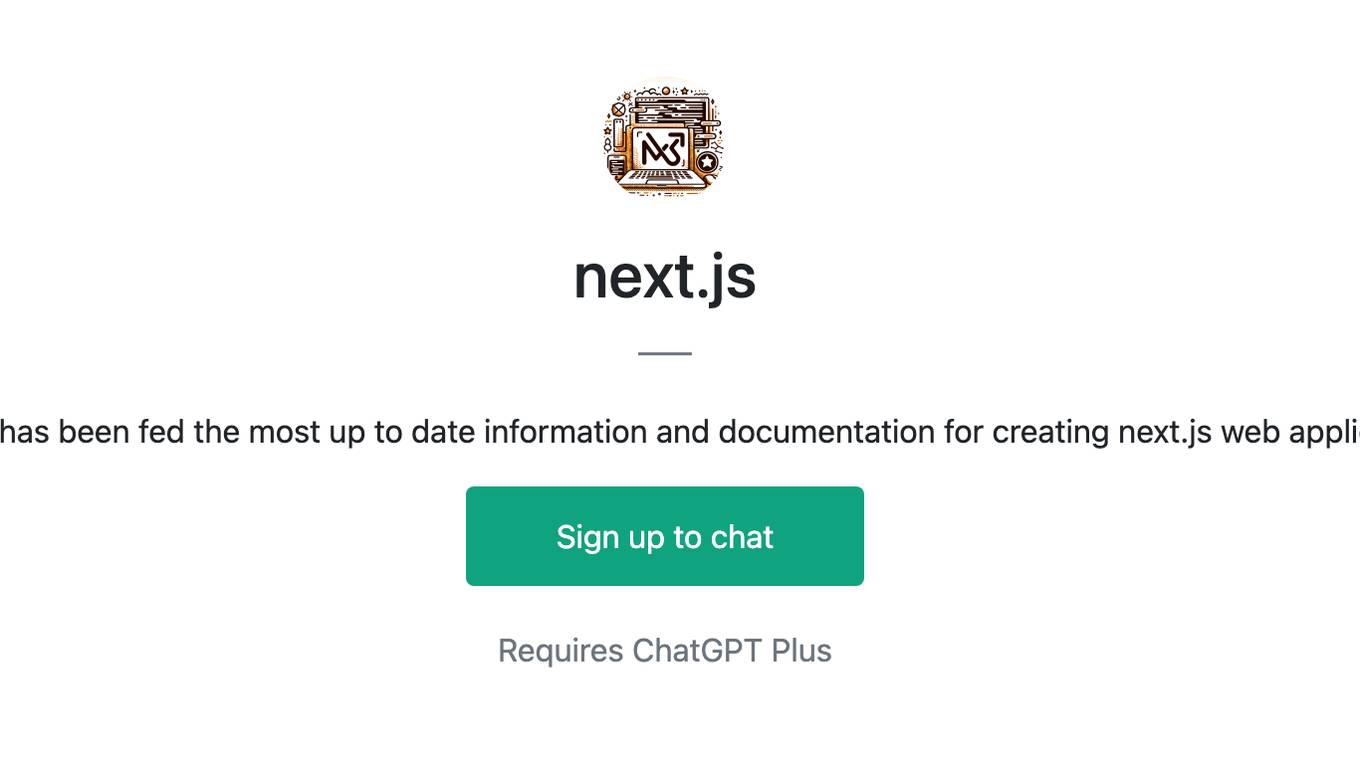
next.js
This GPT has been fed the most up to date information and documentation for creating next.js web applications.

